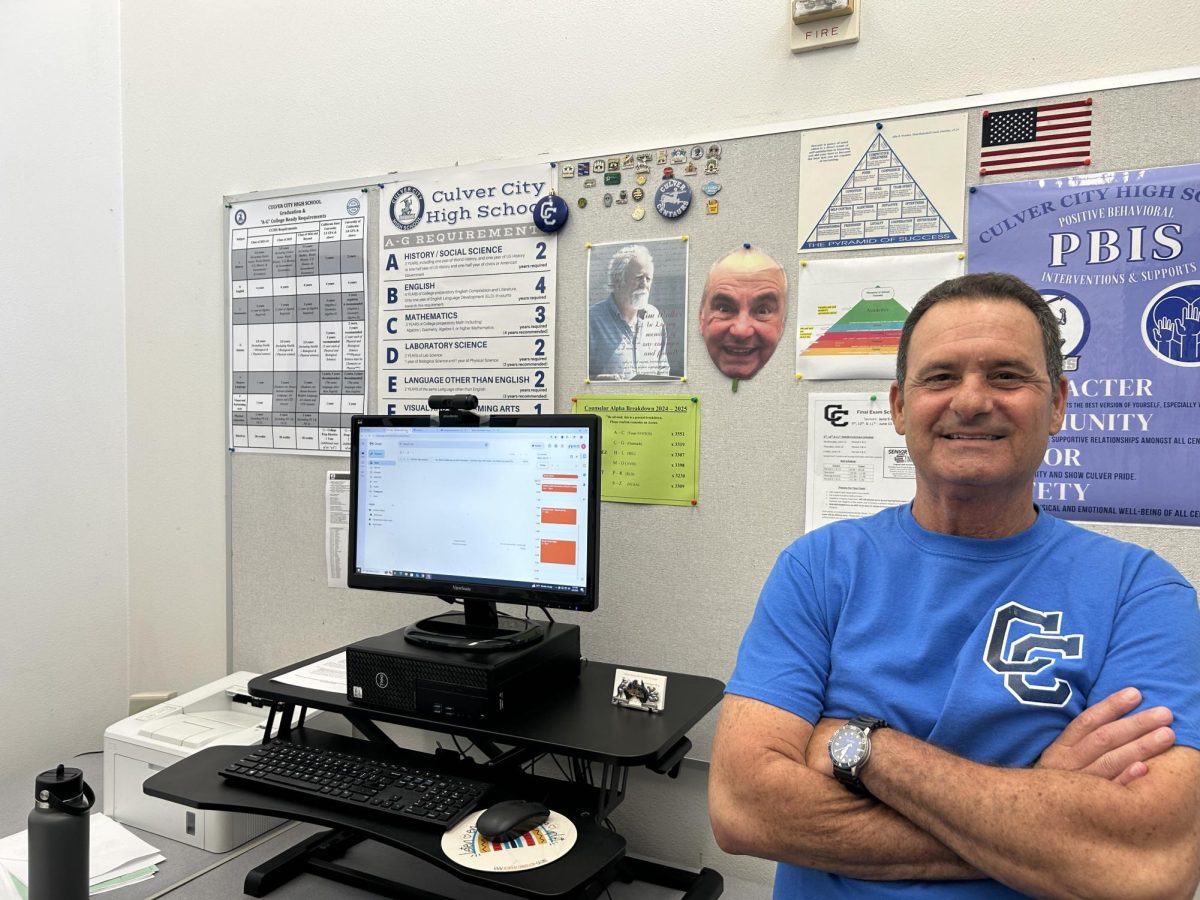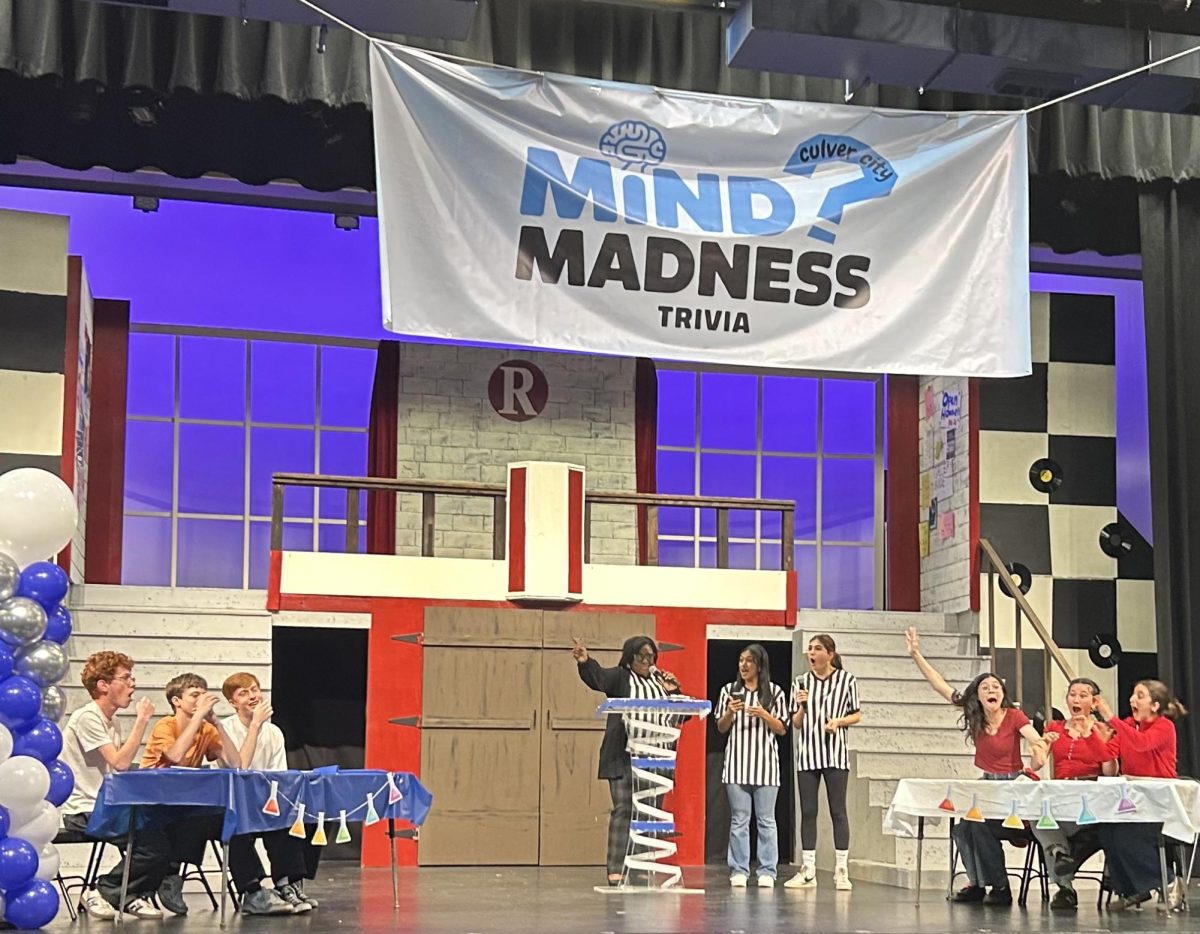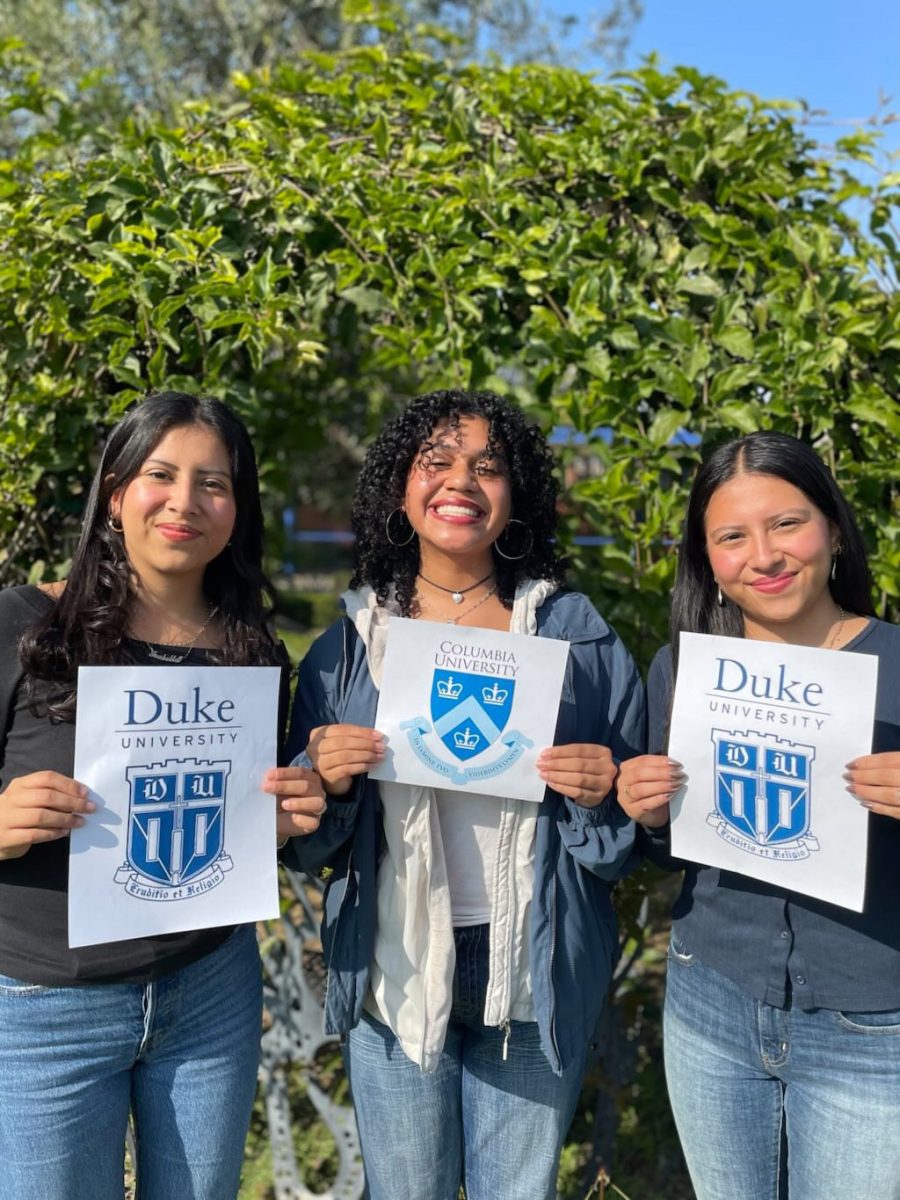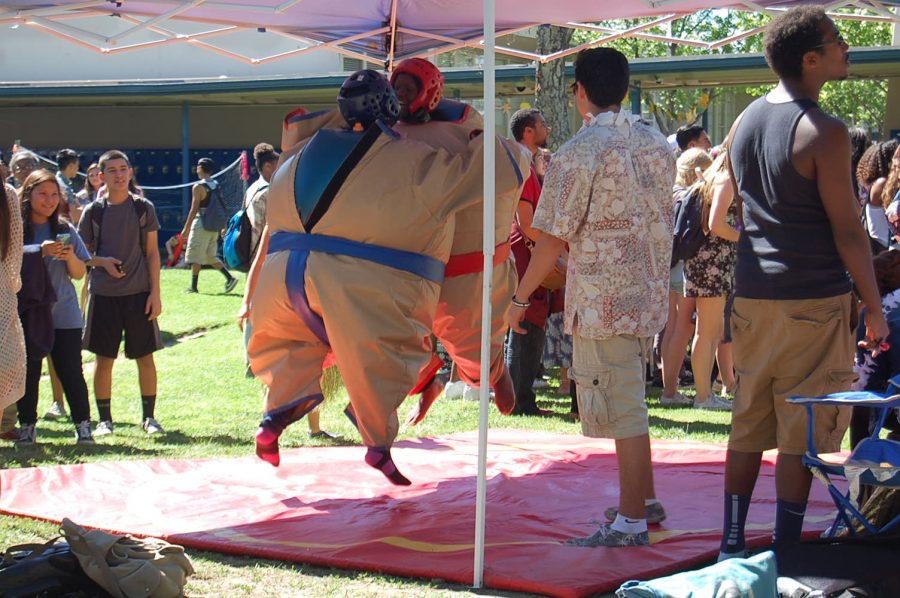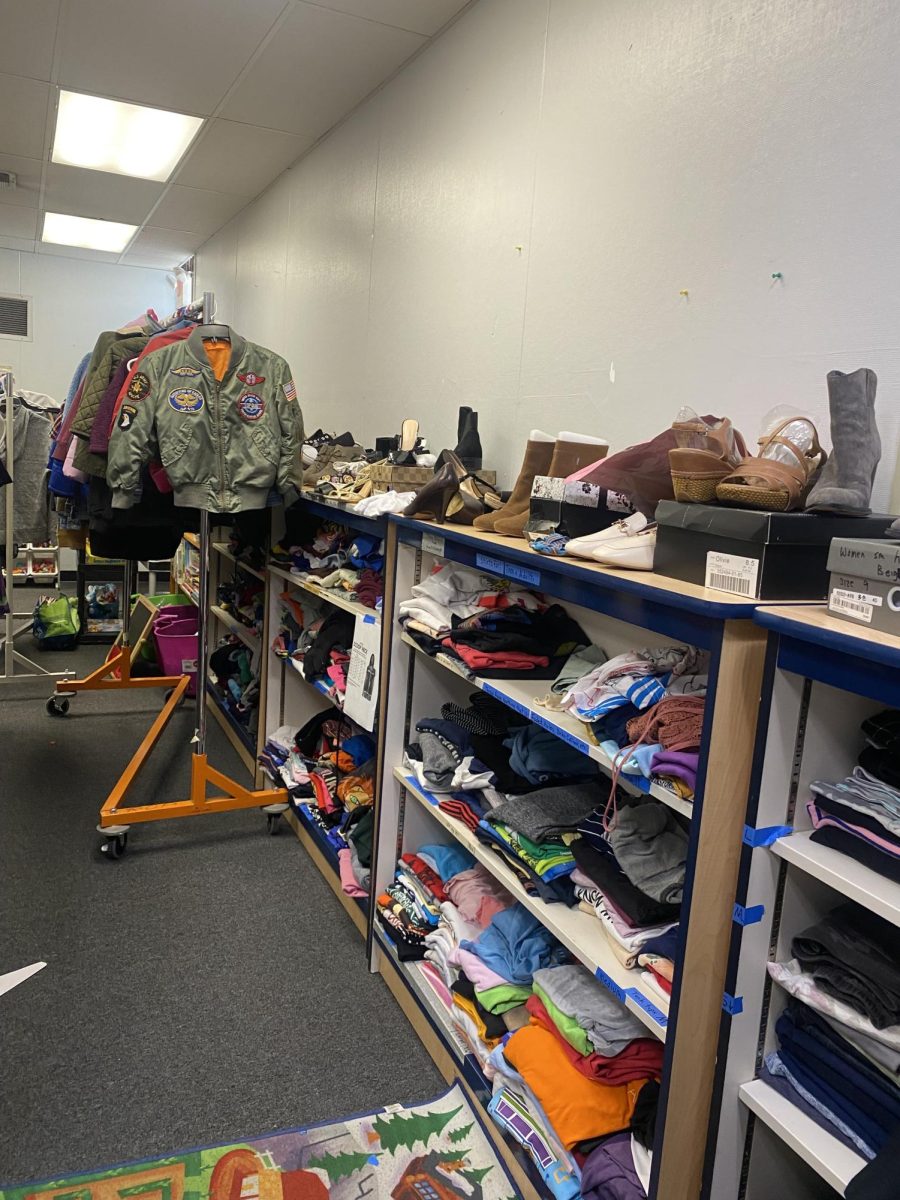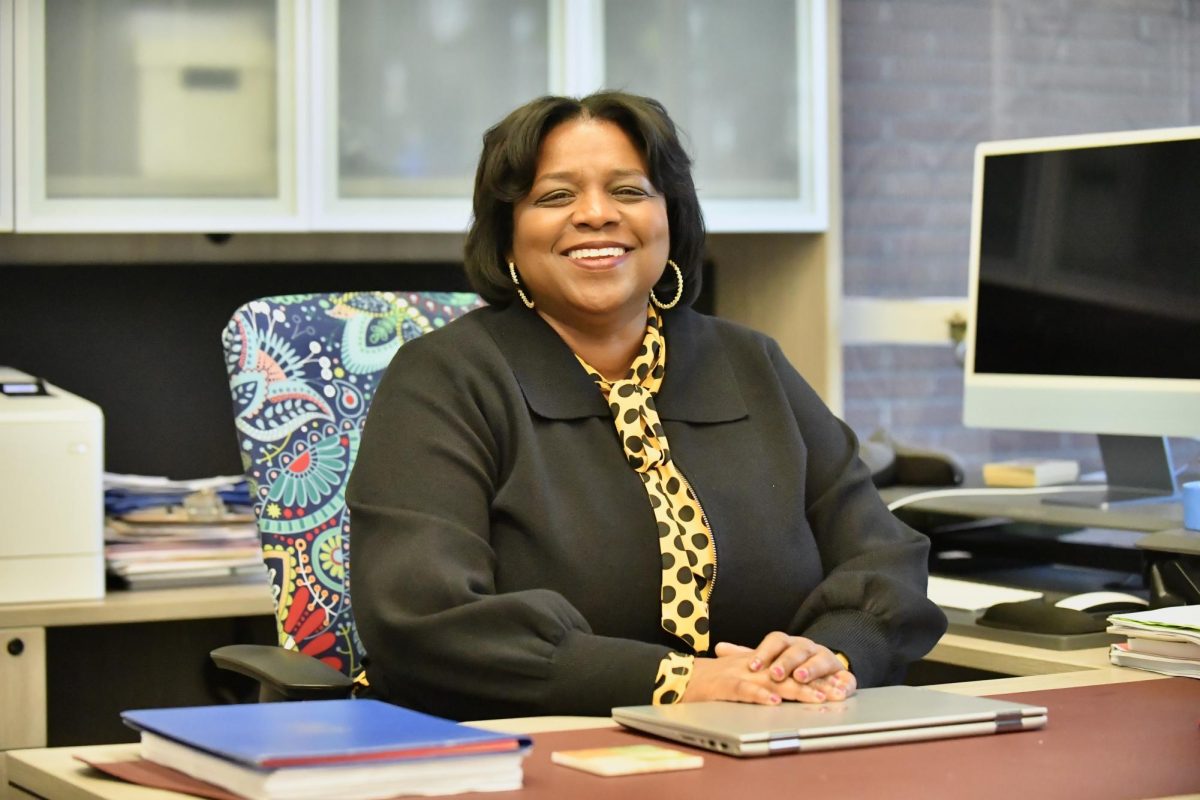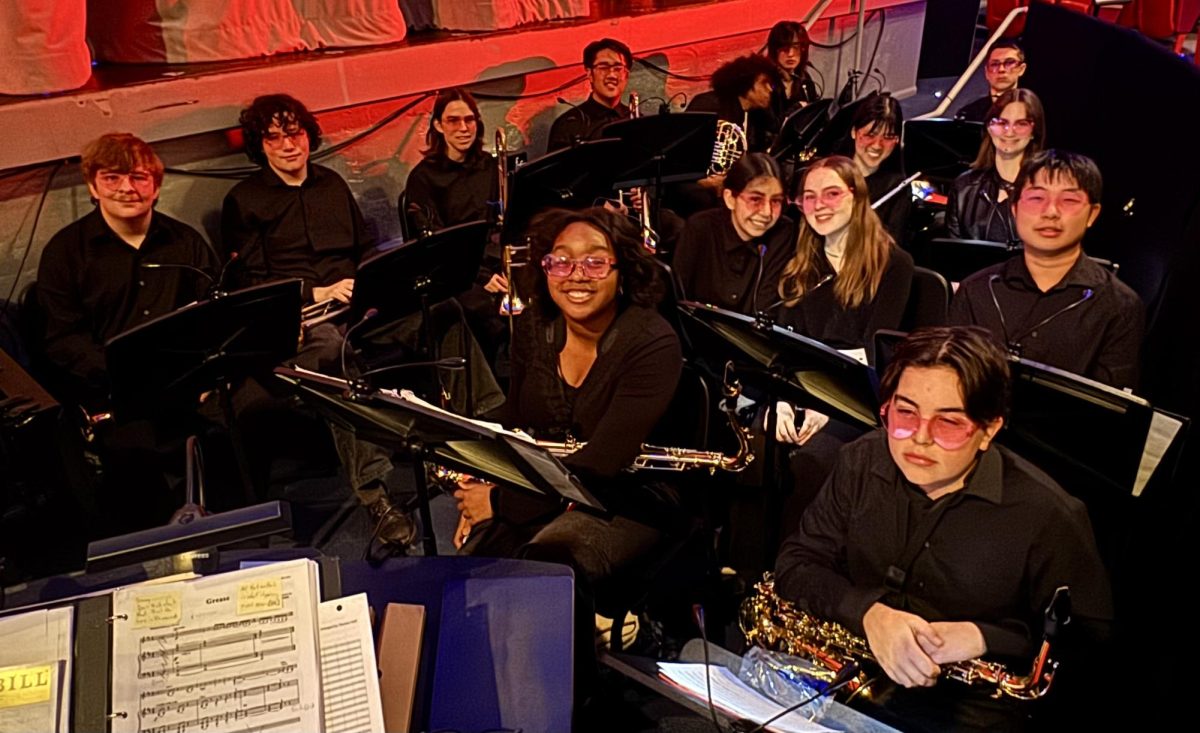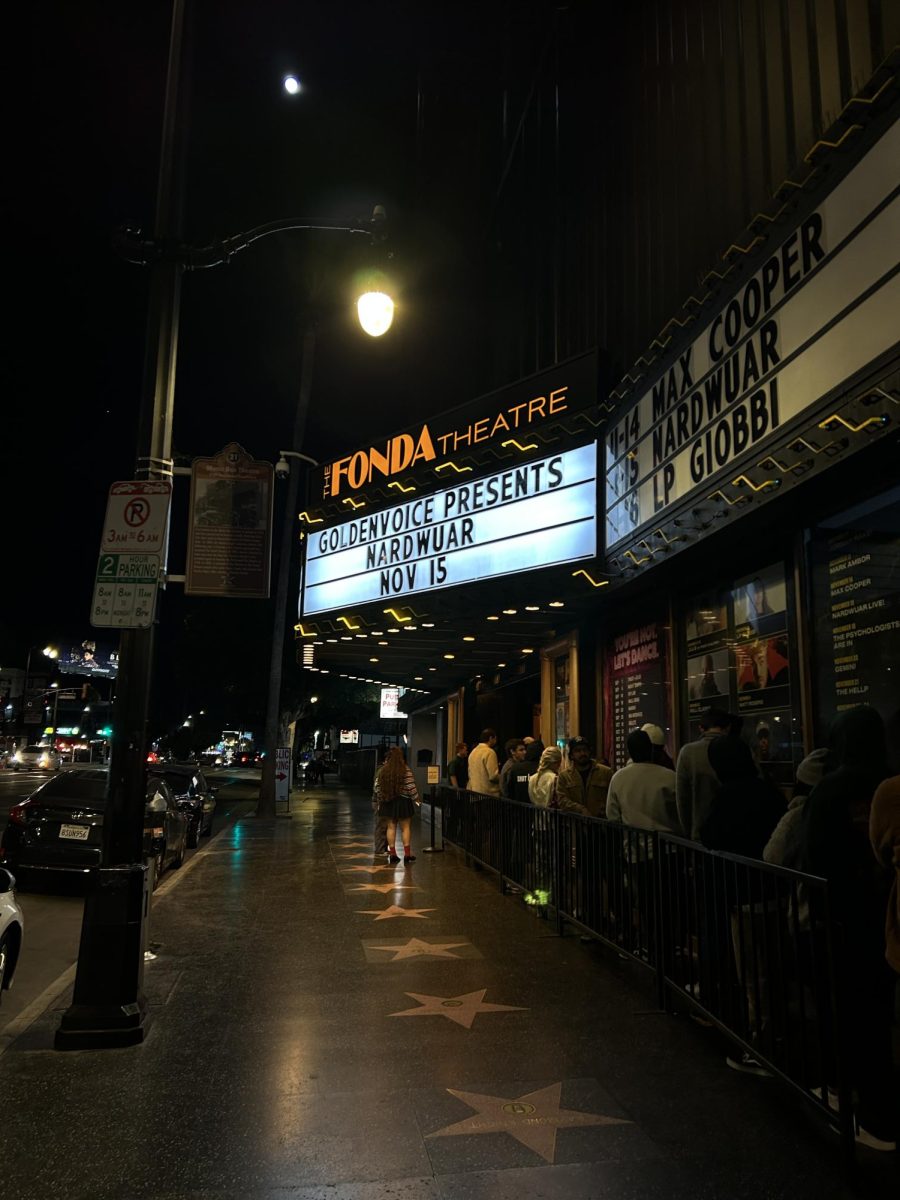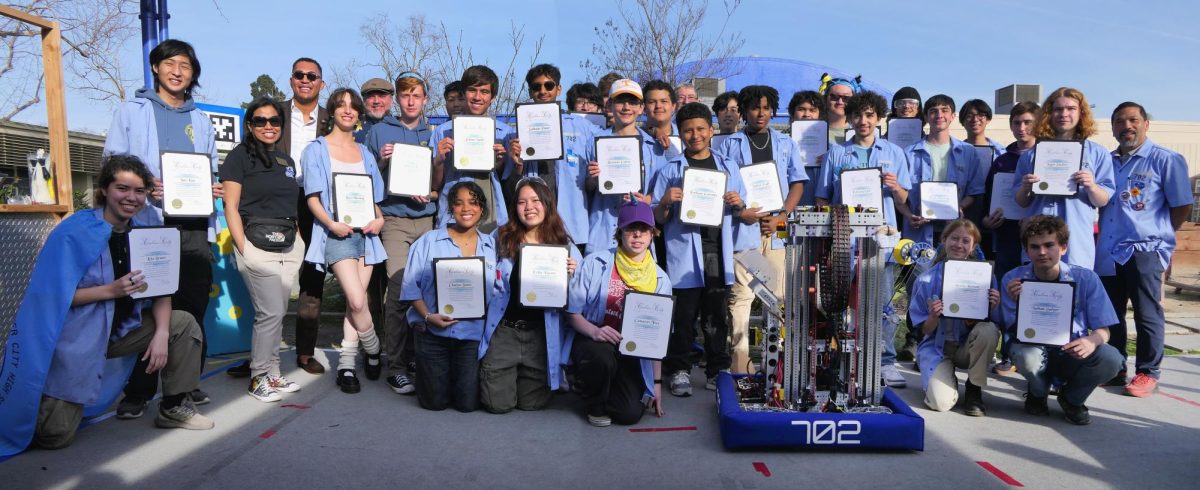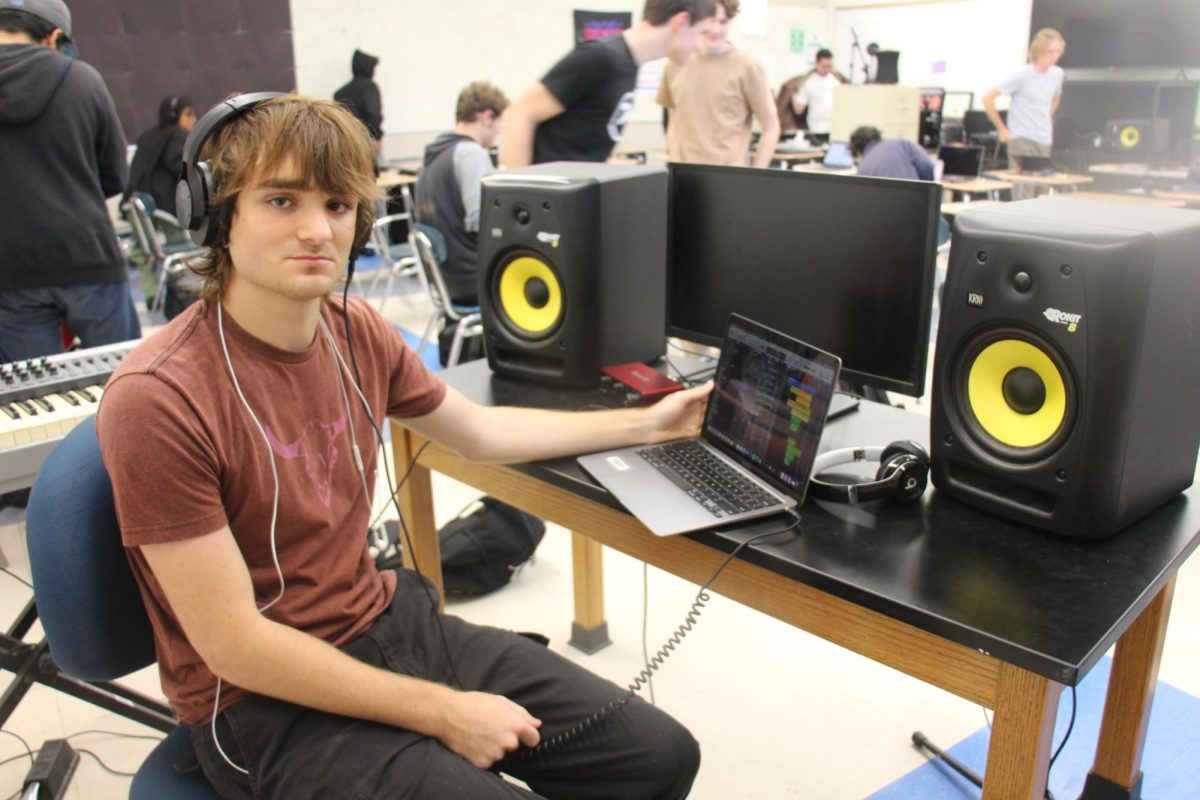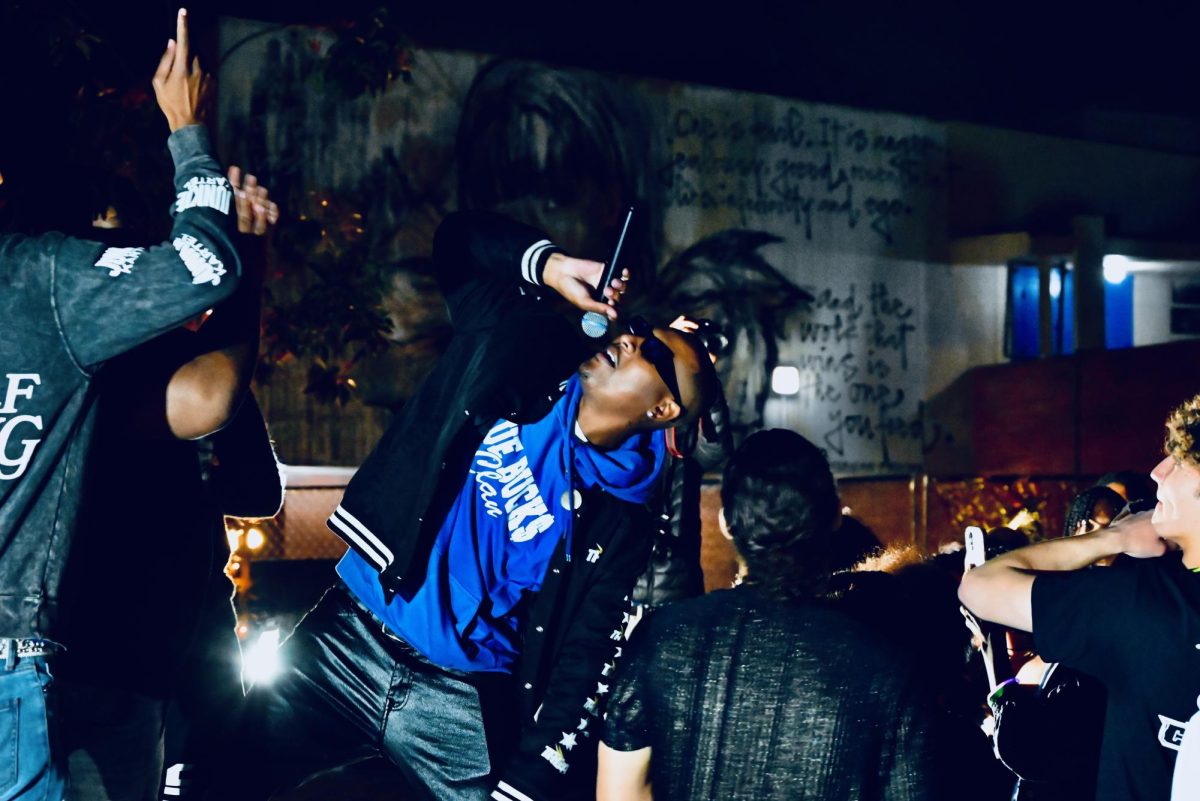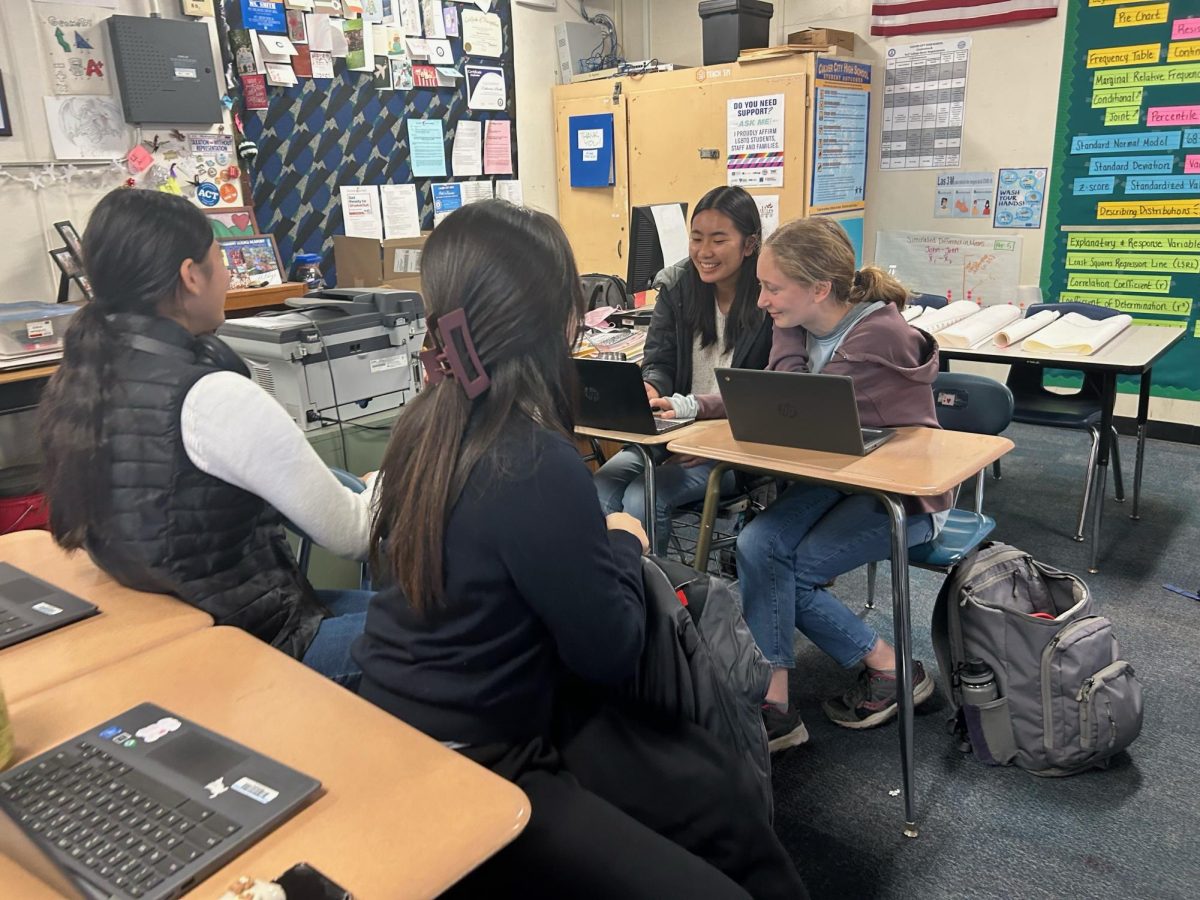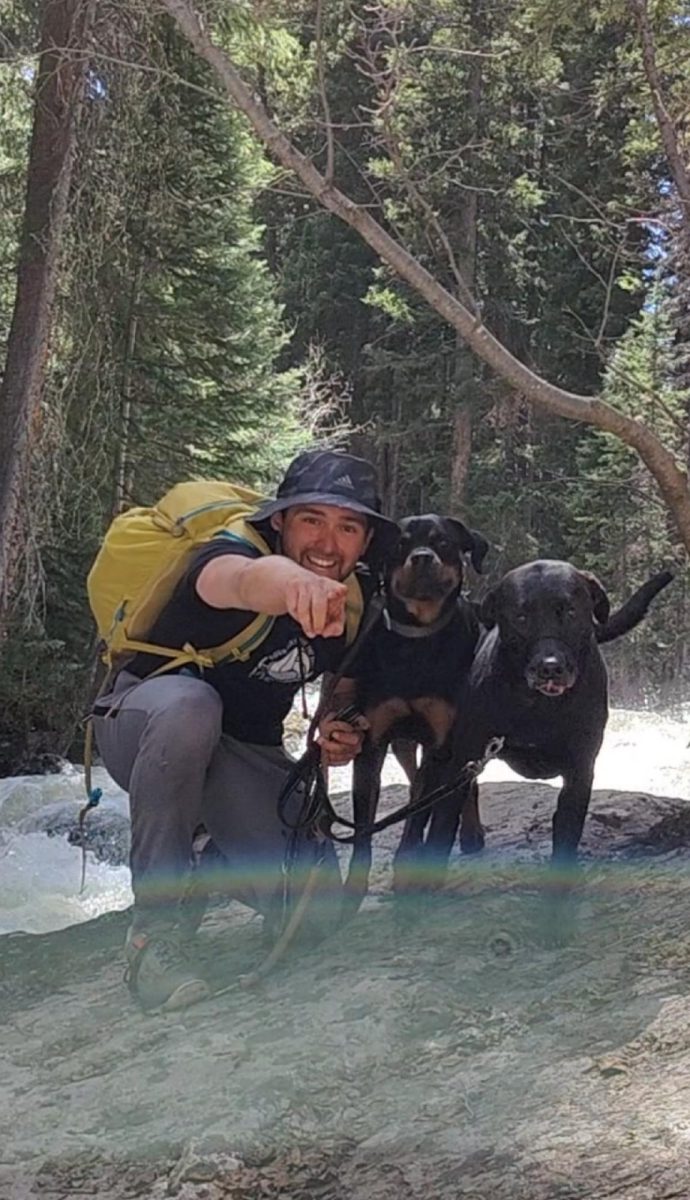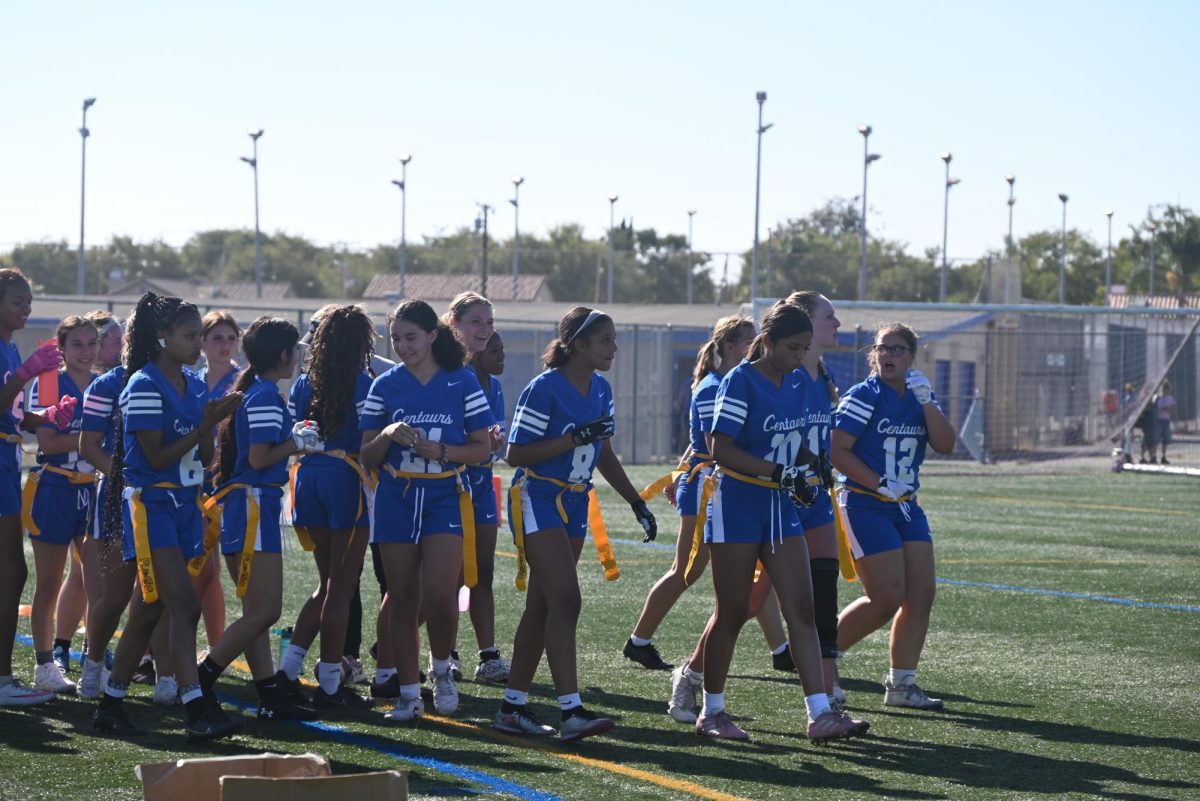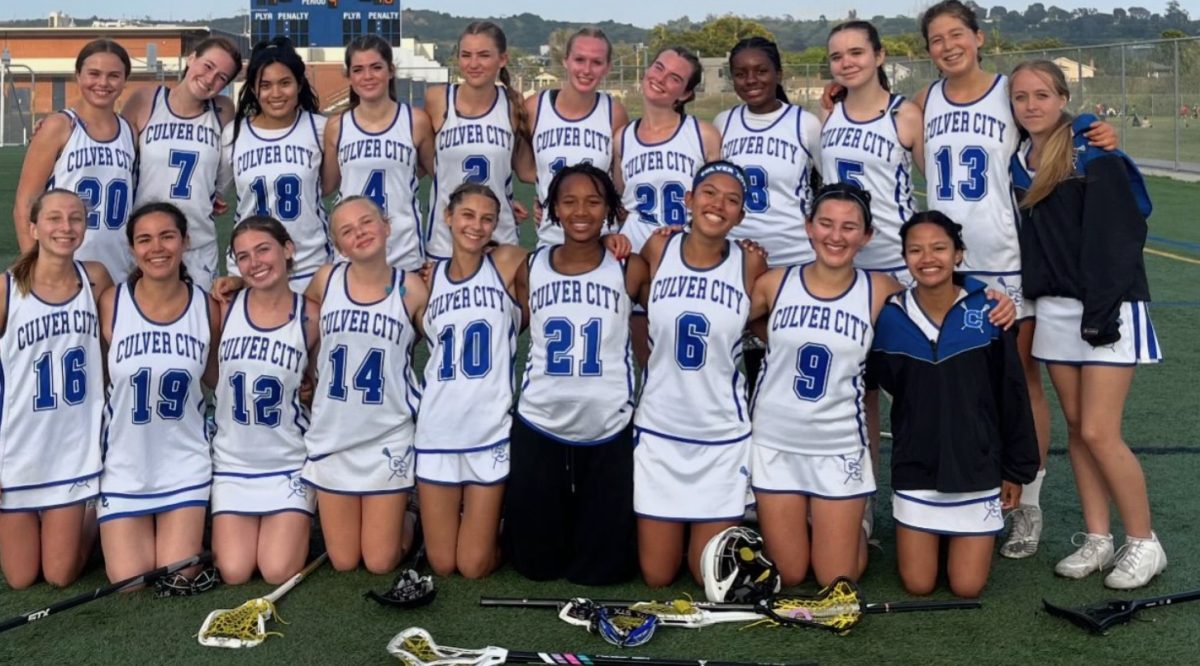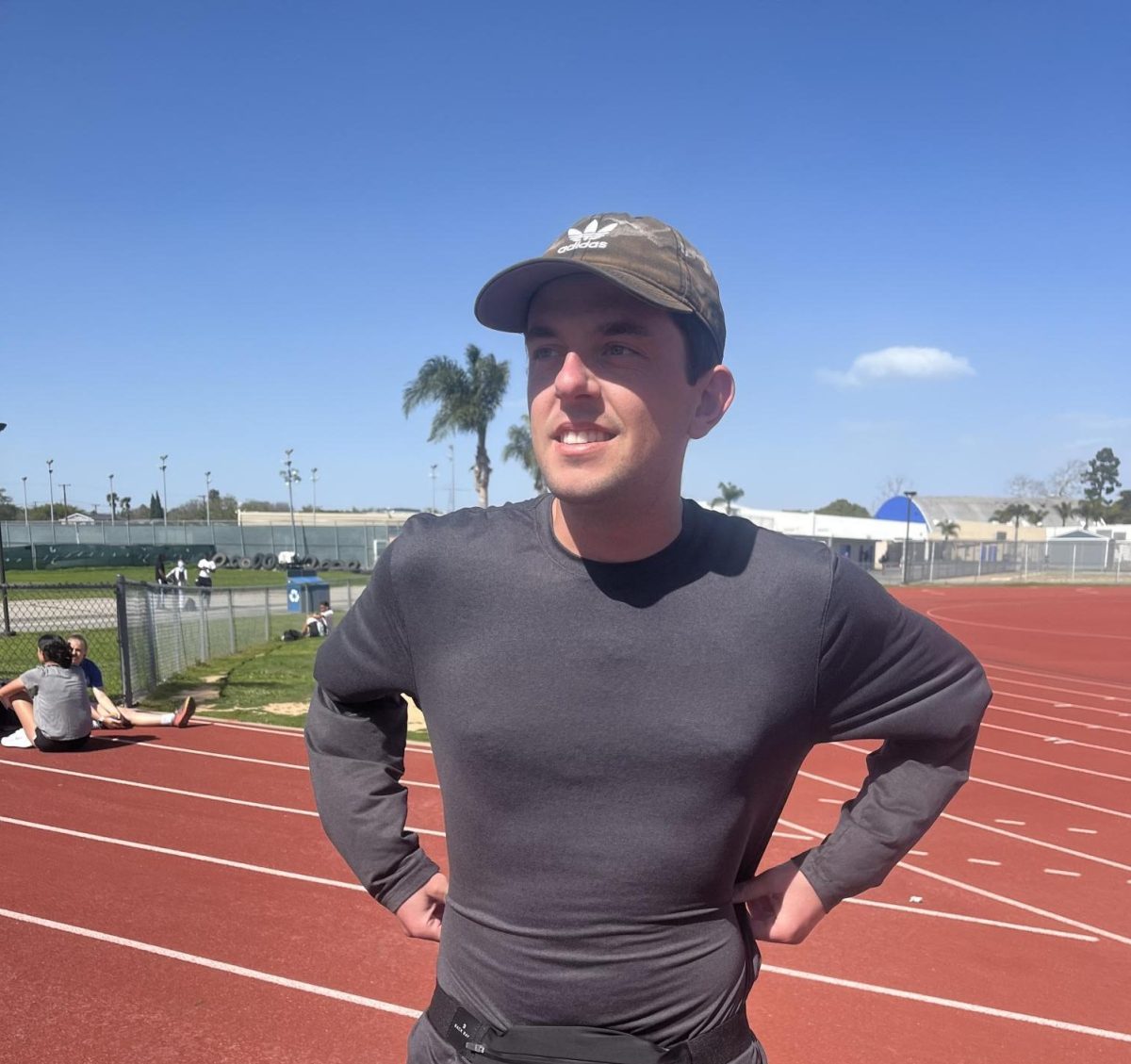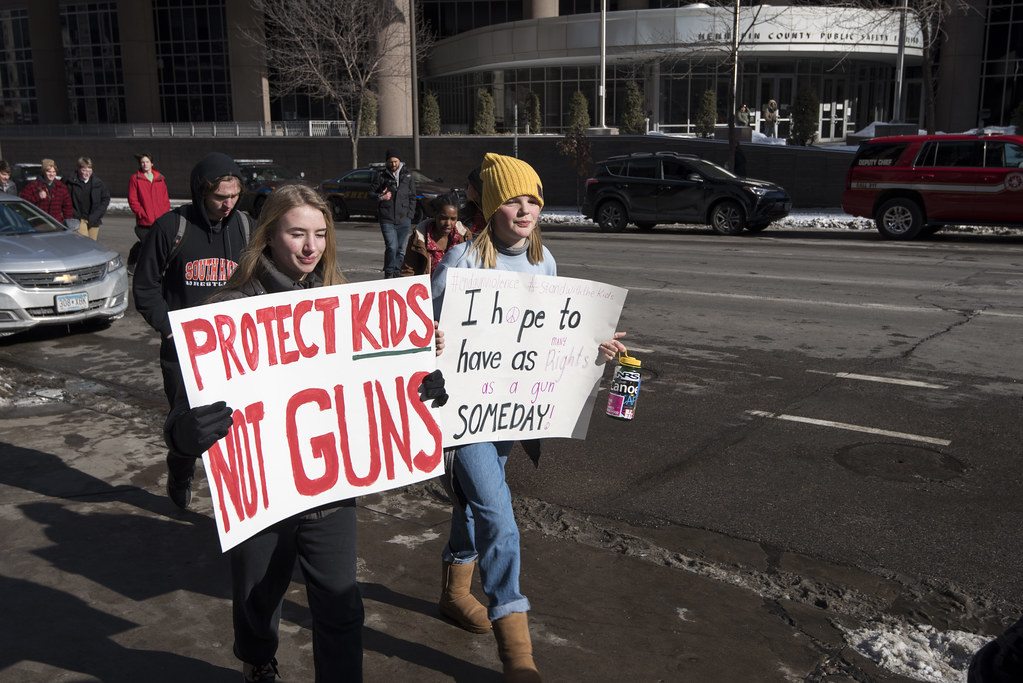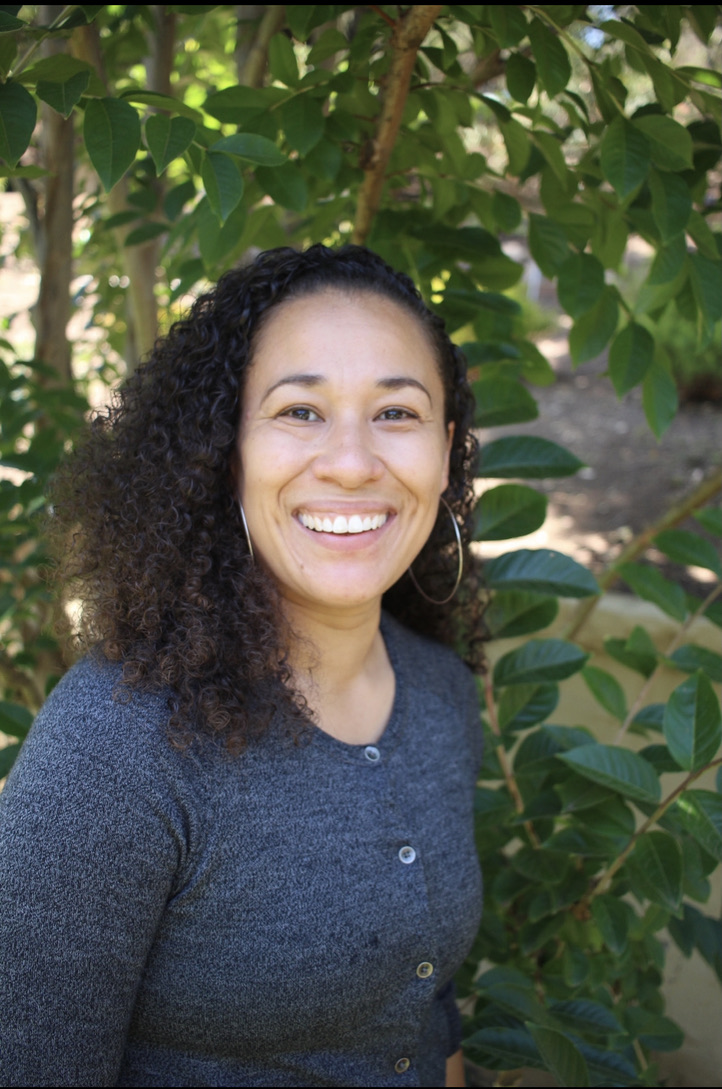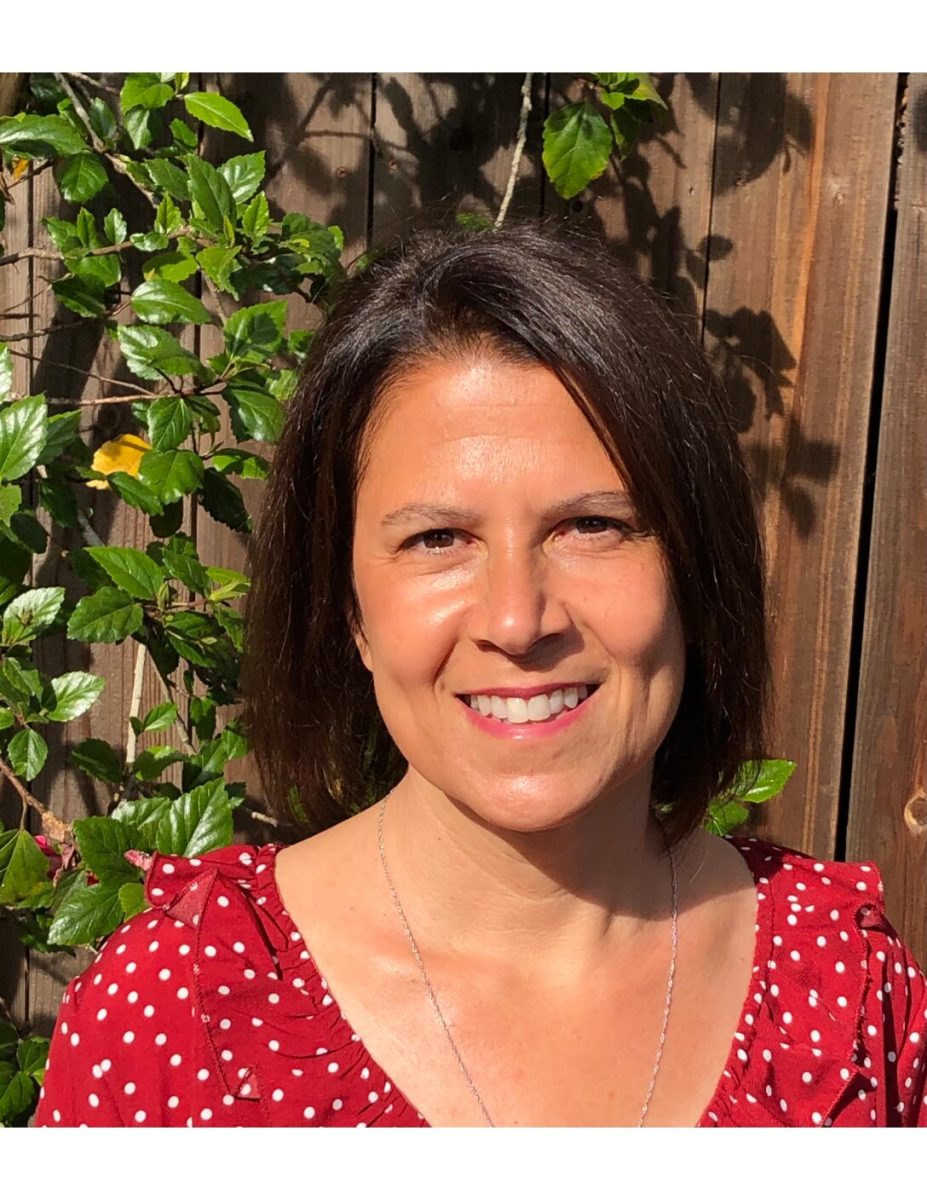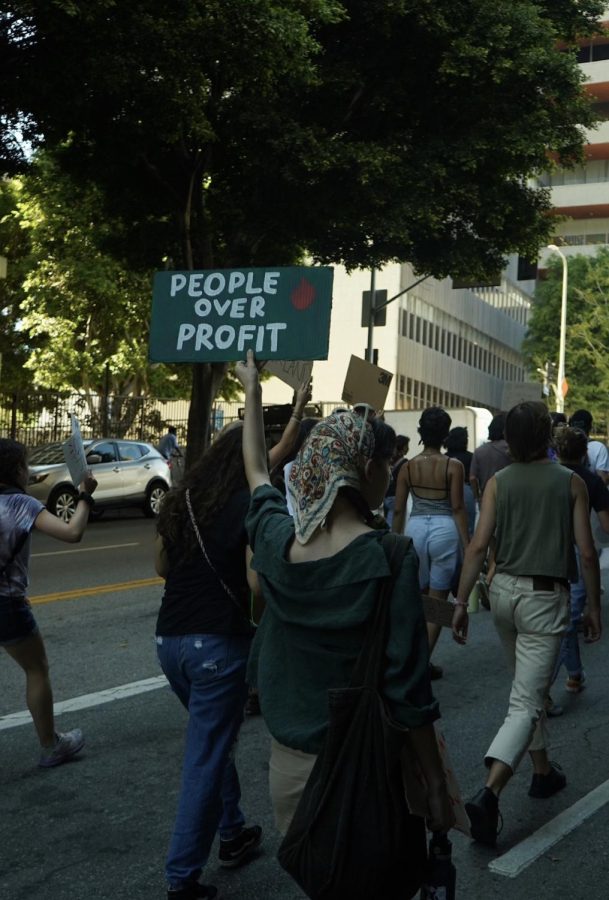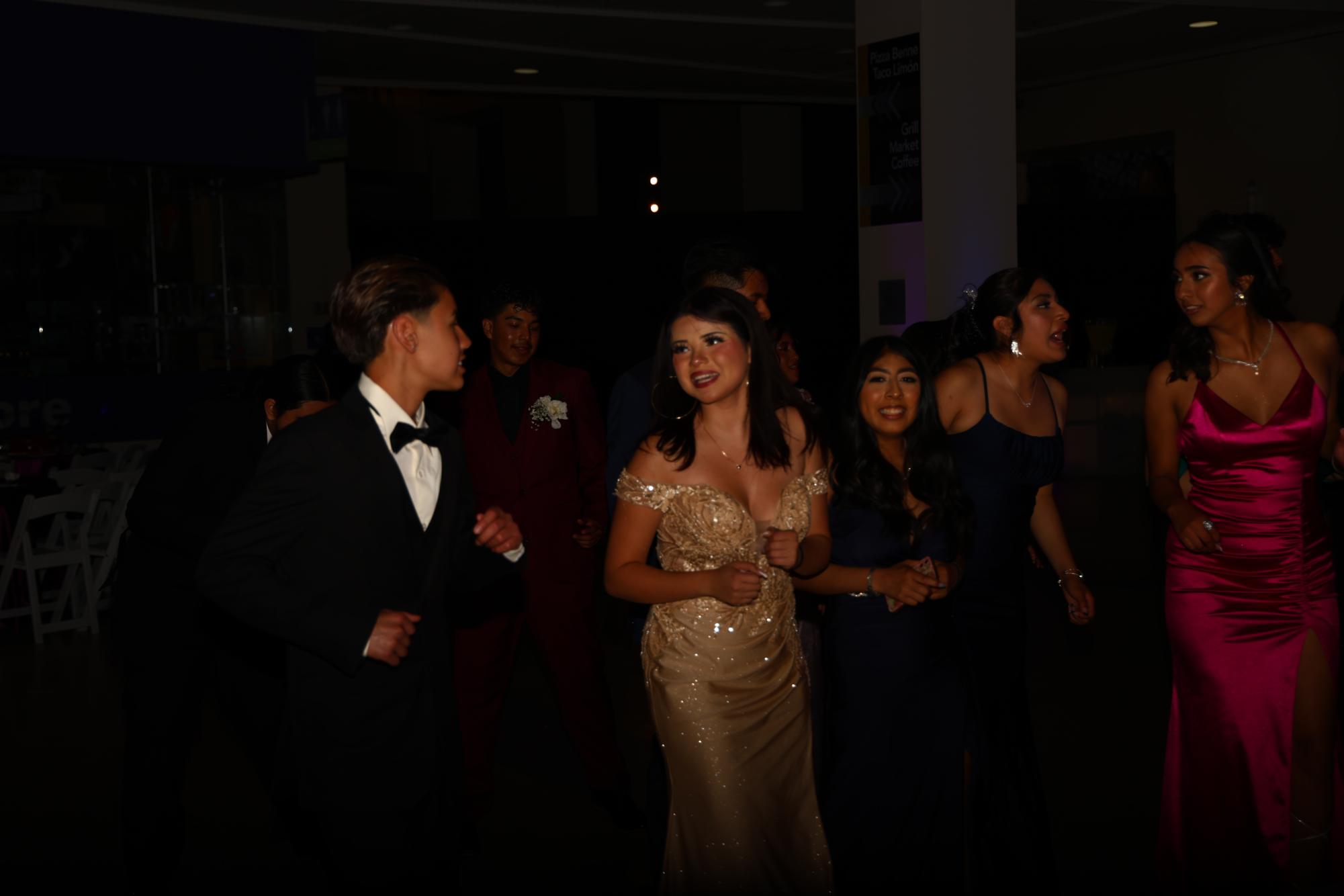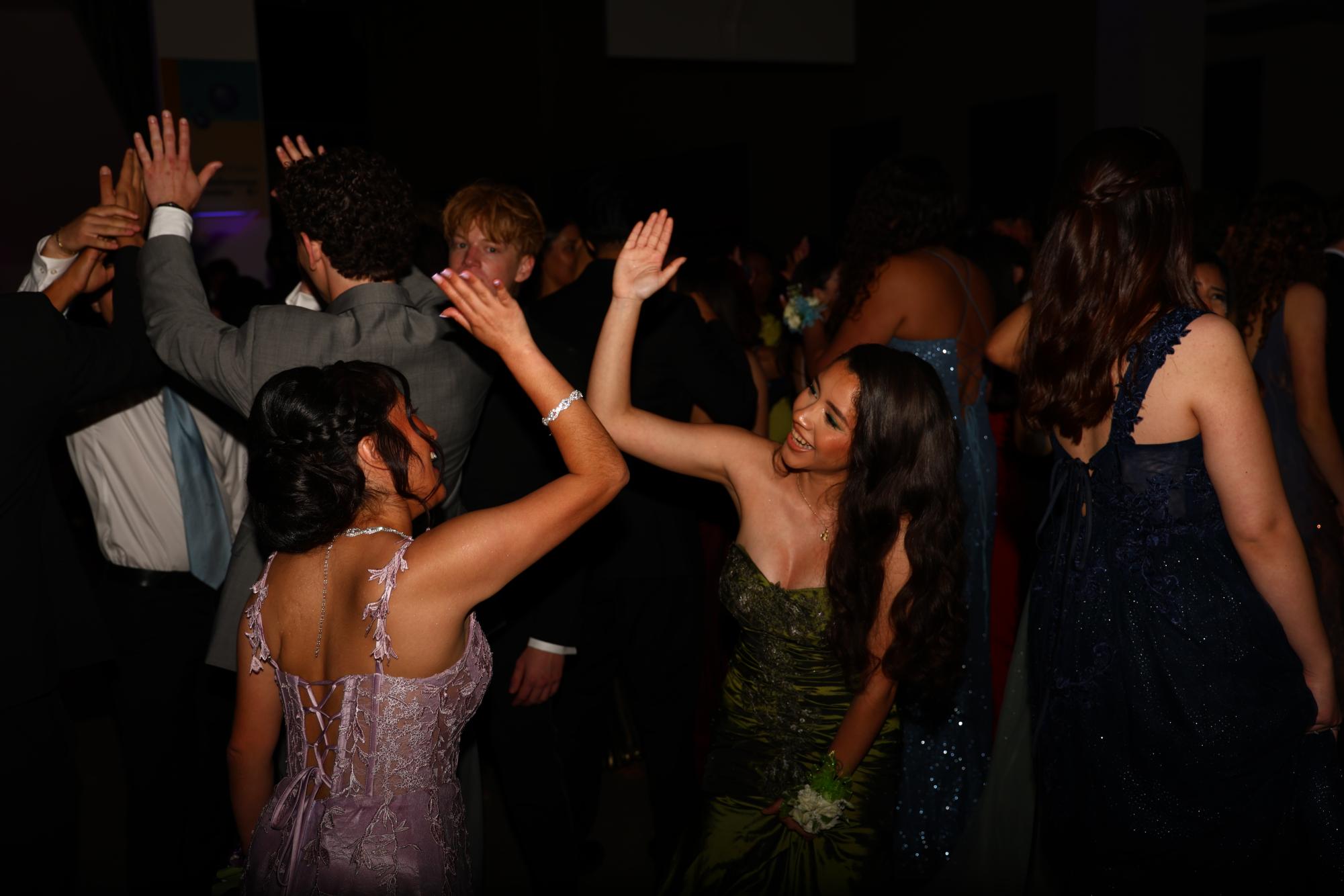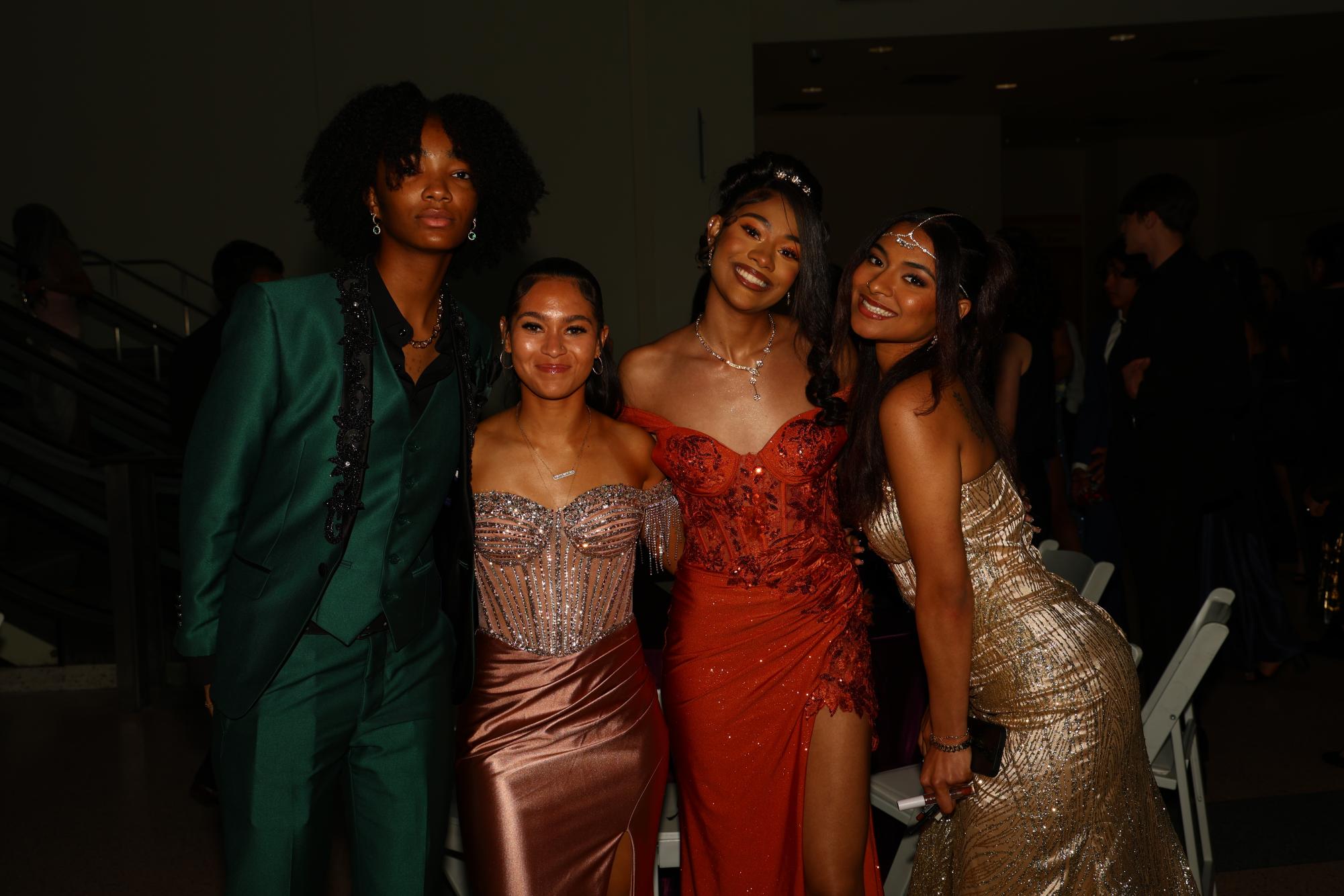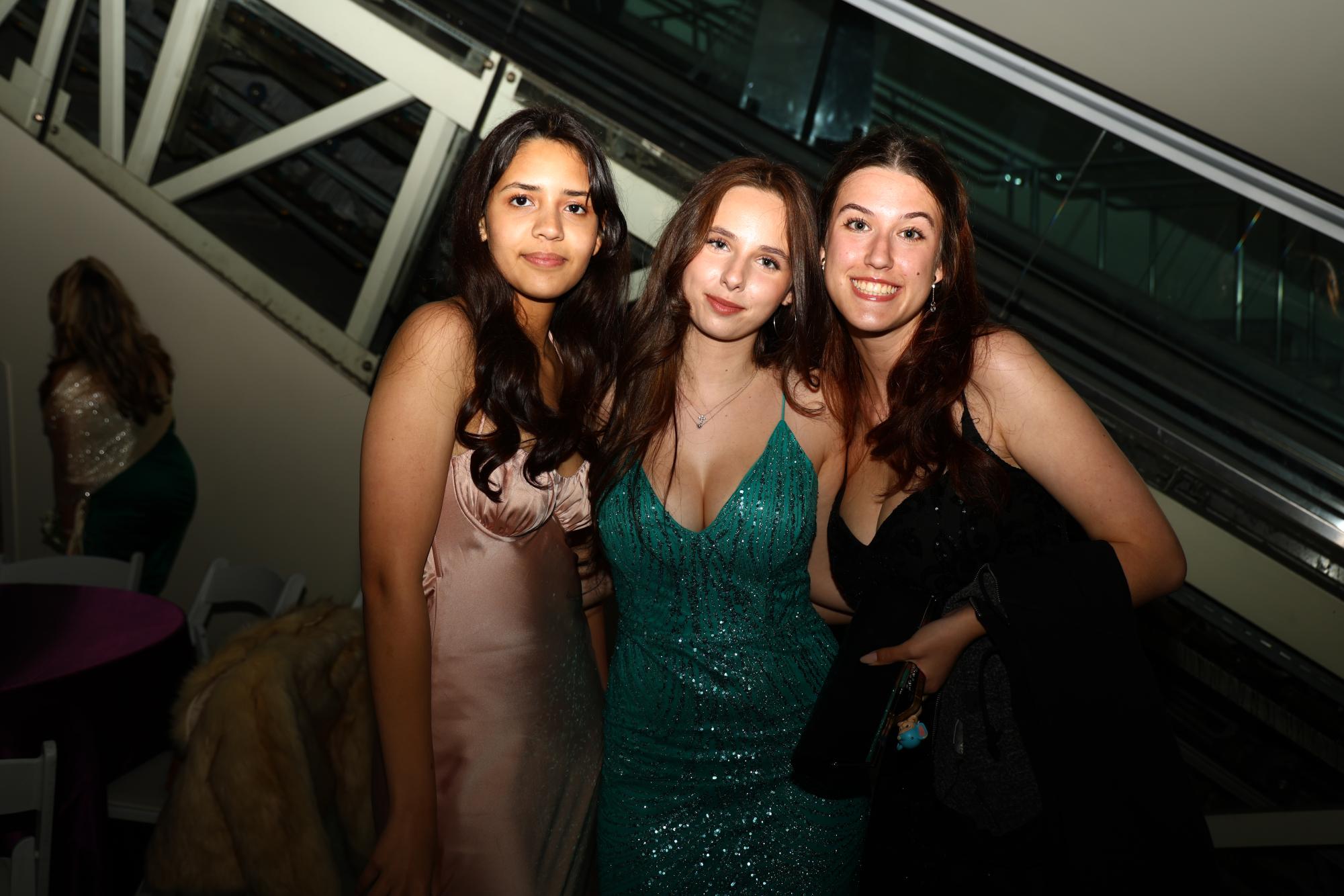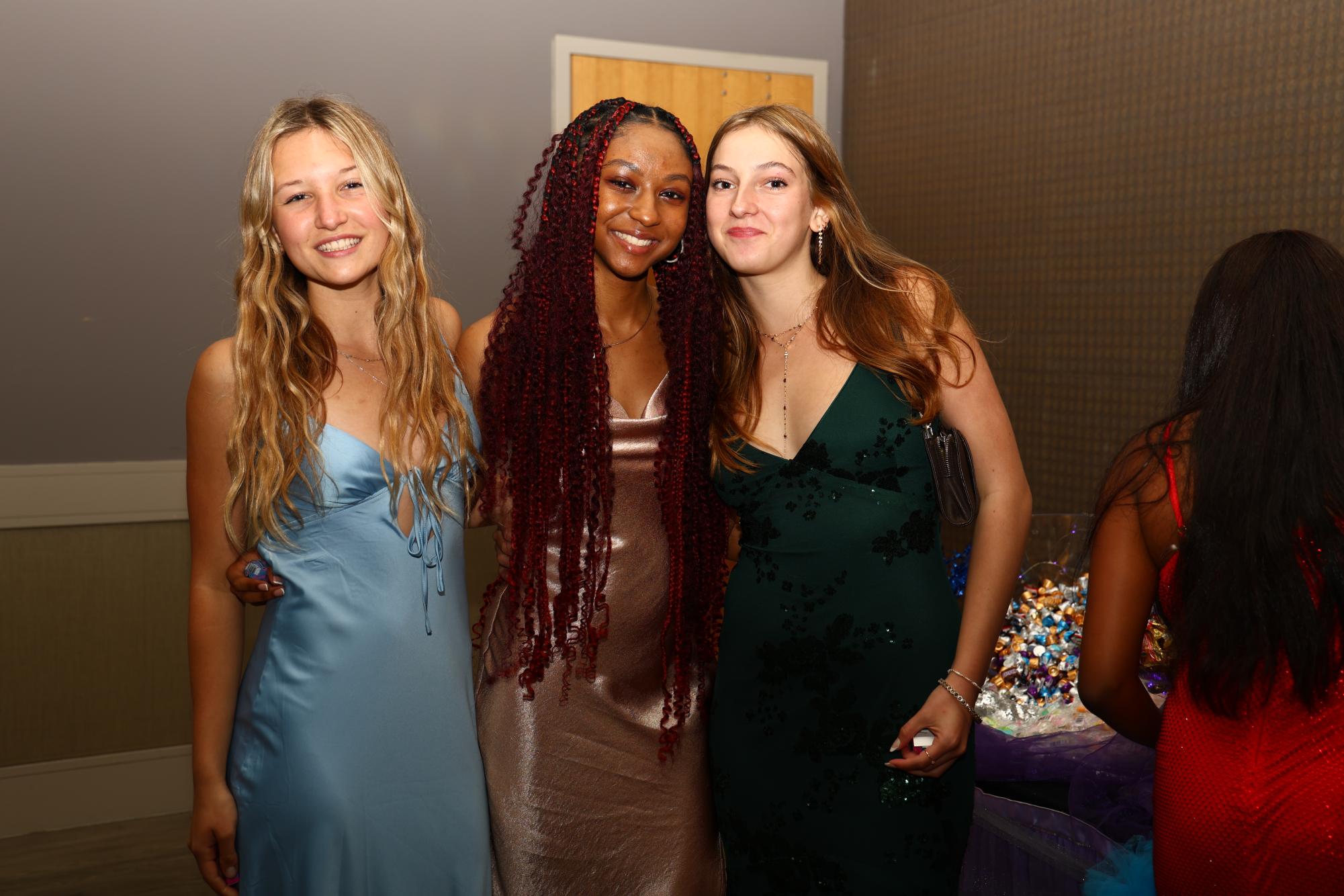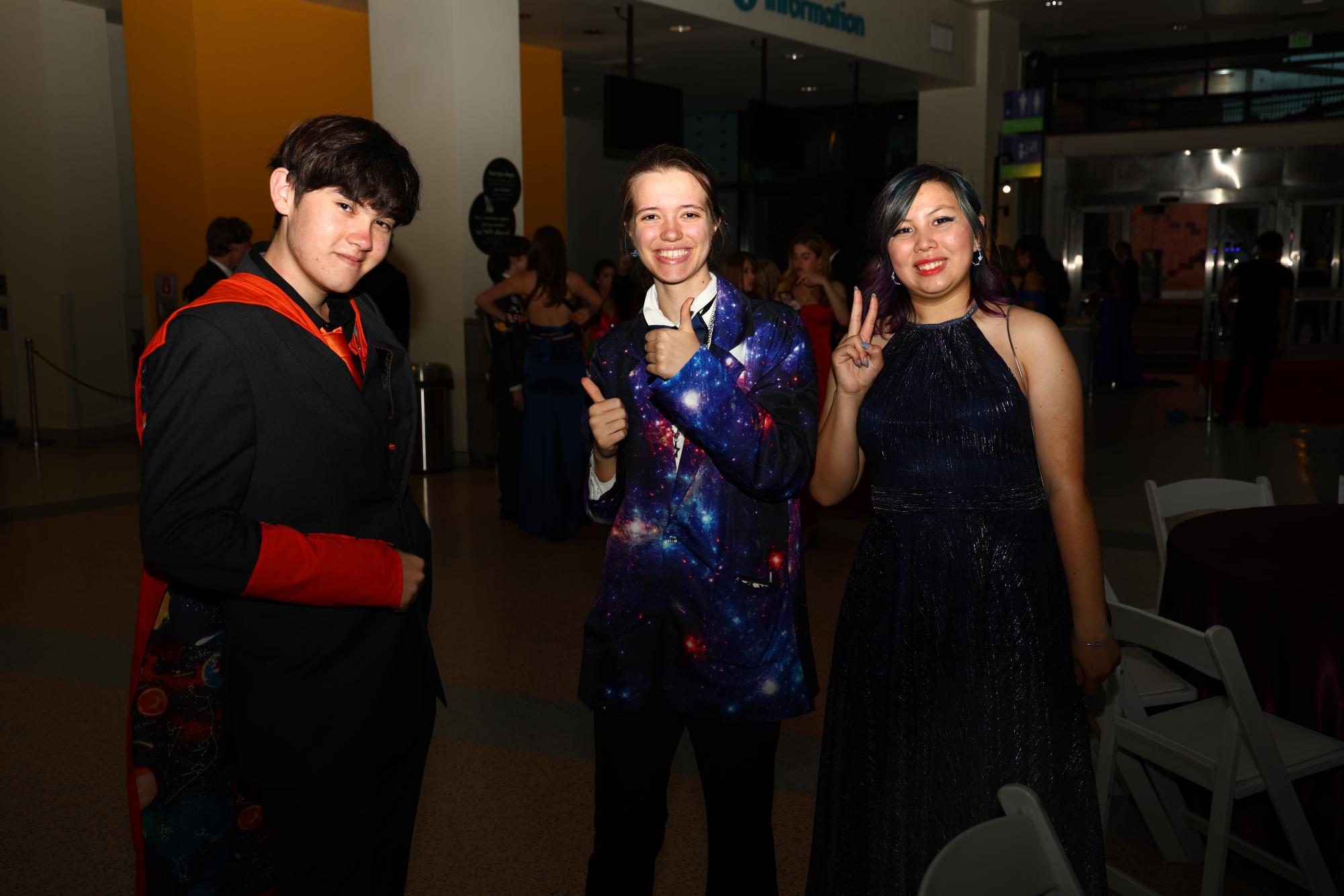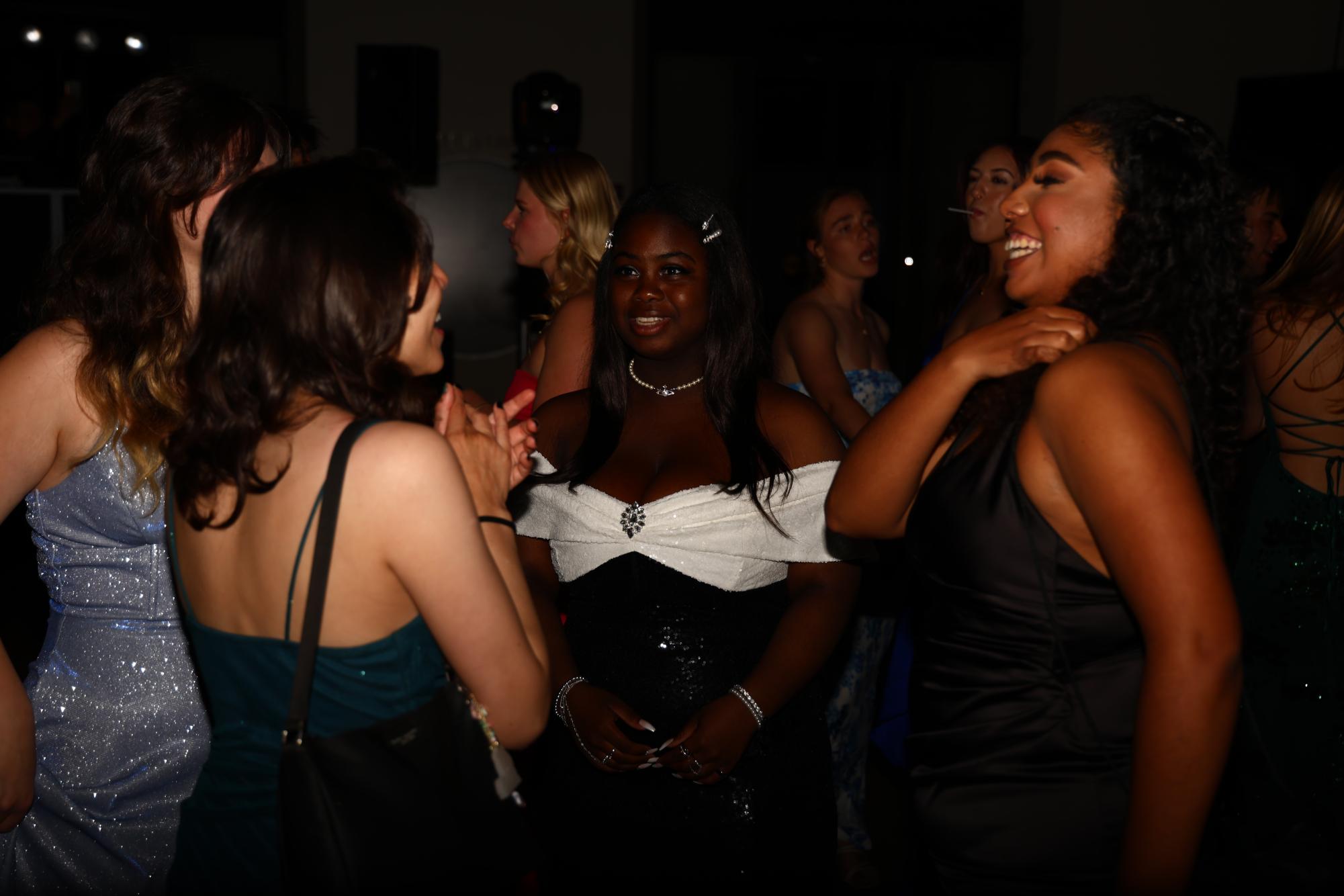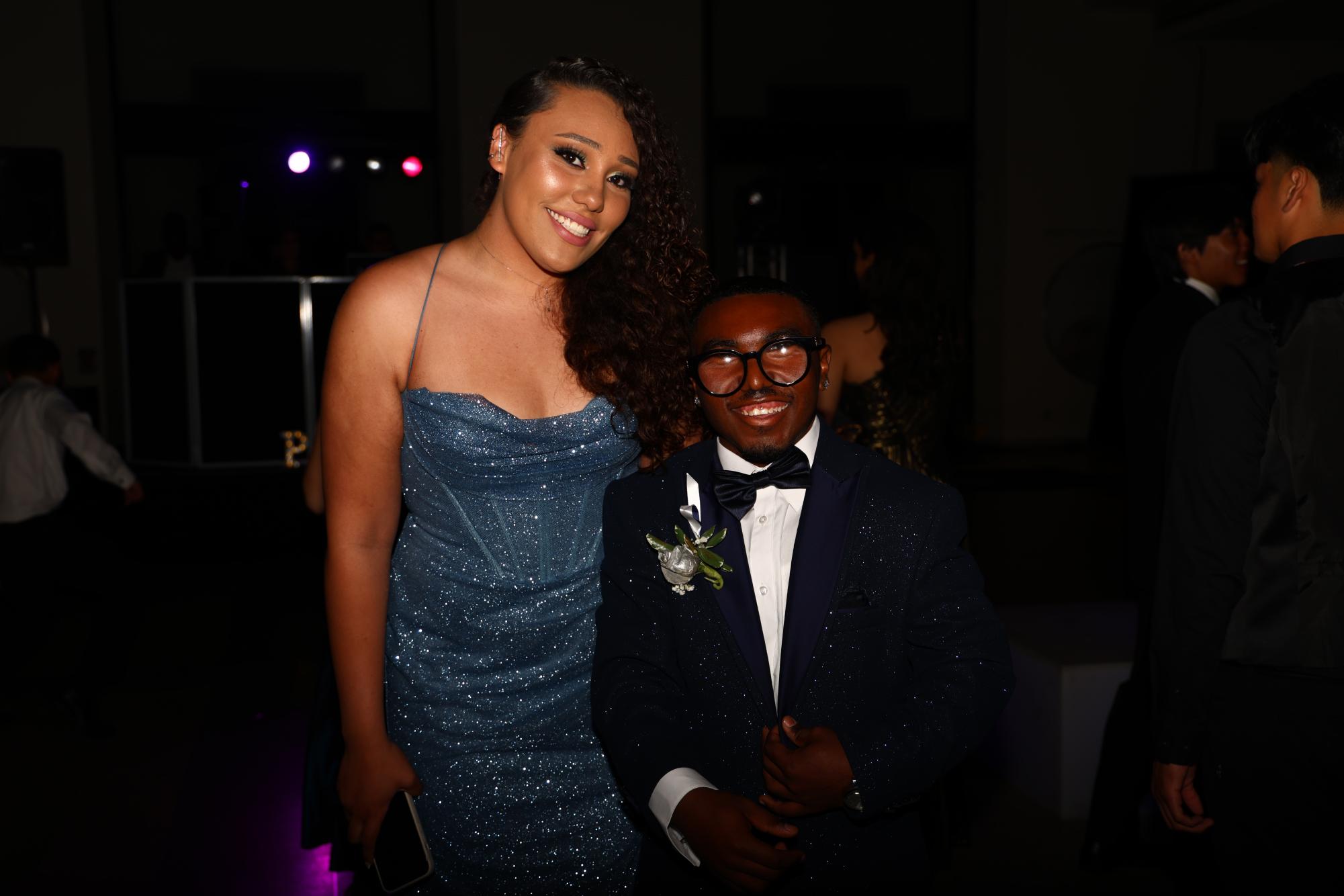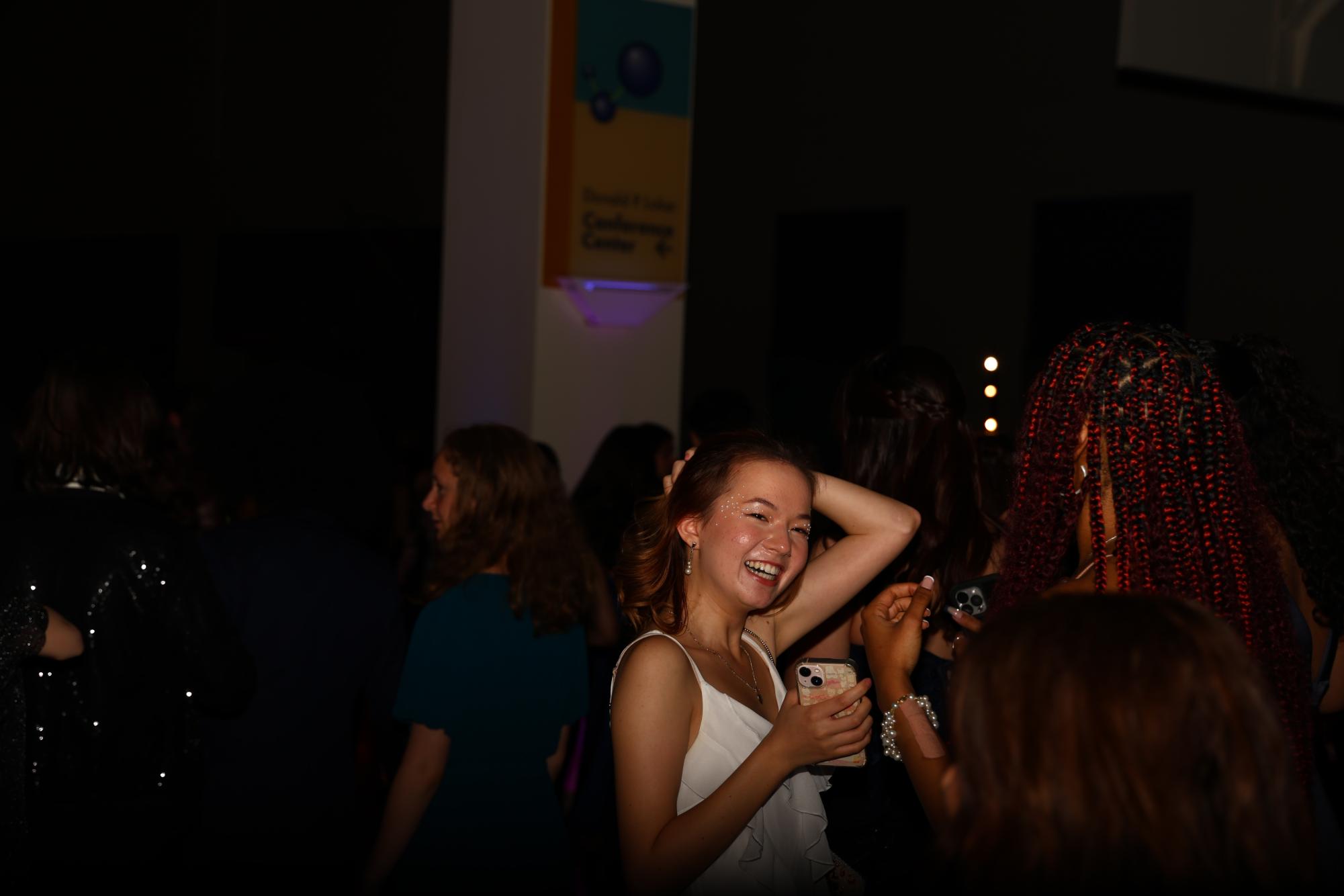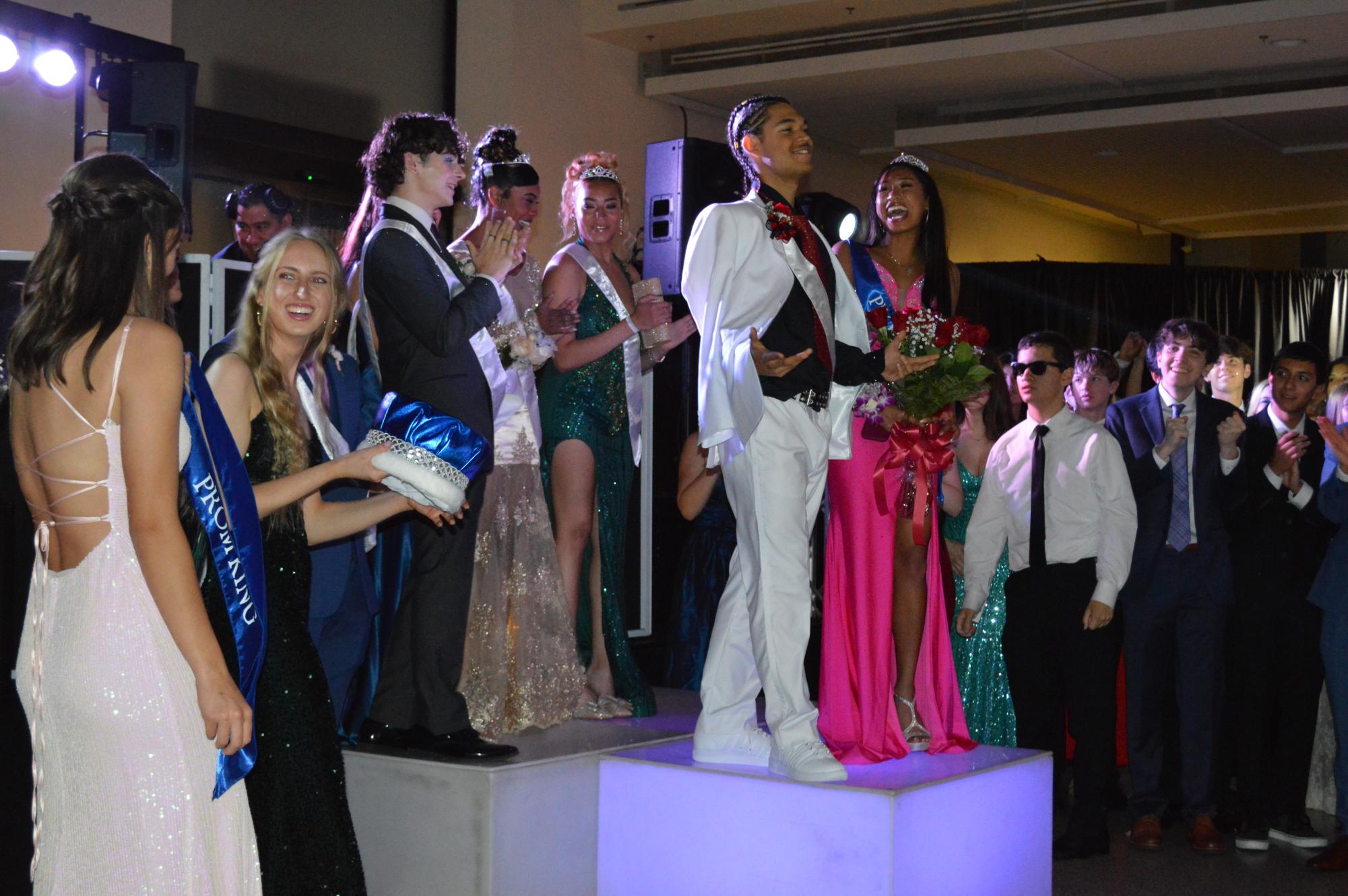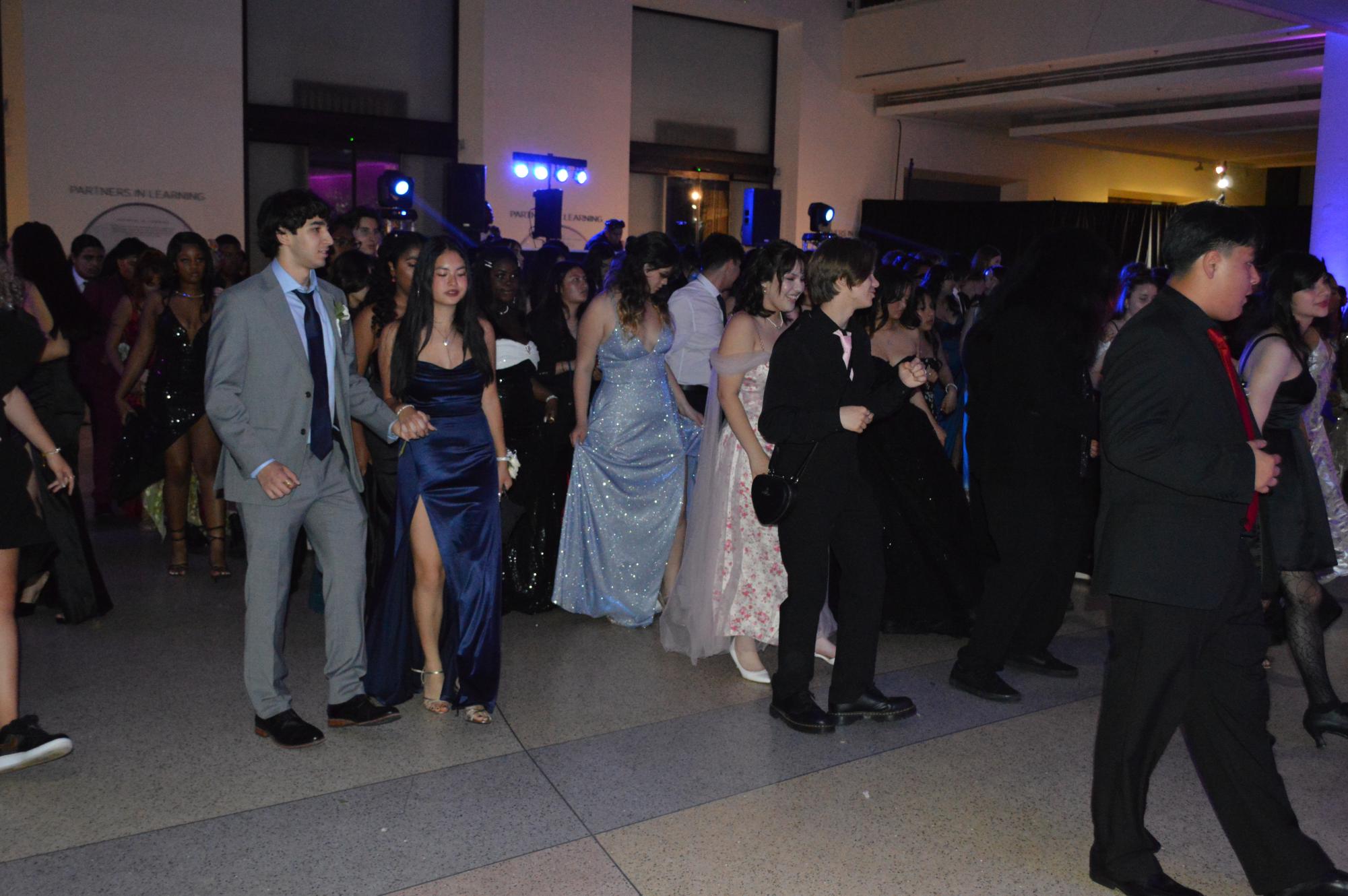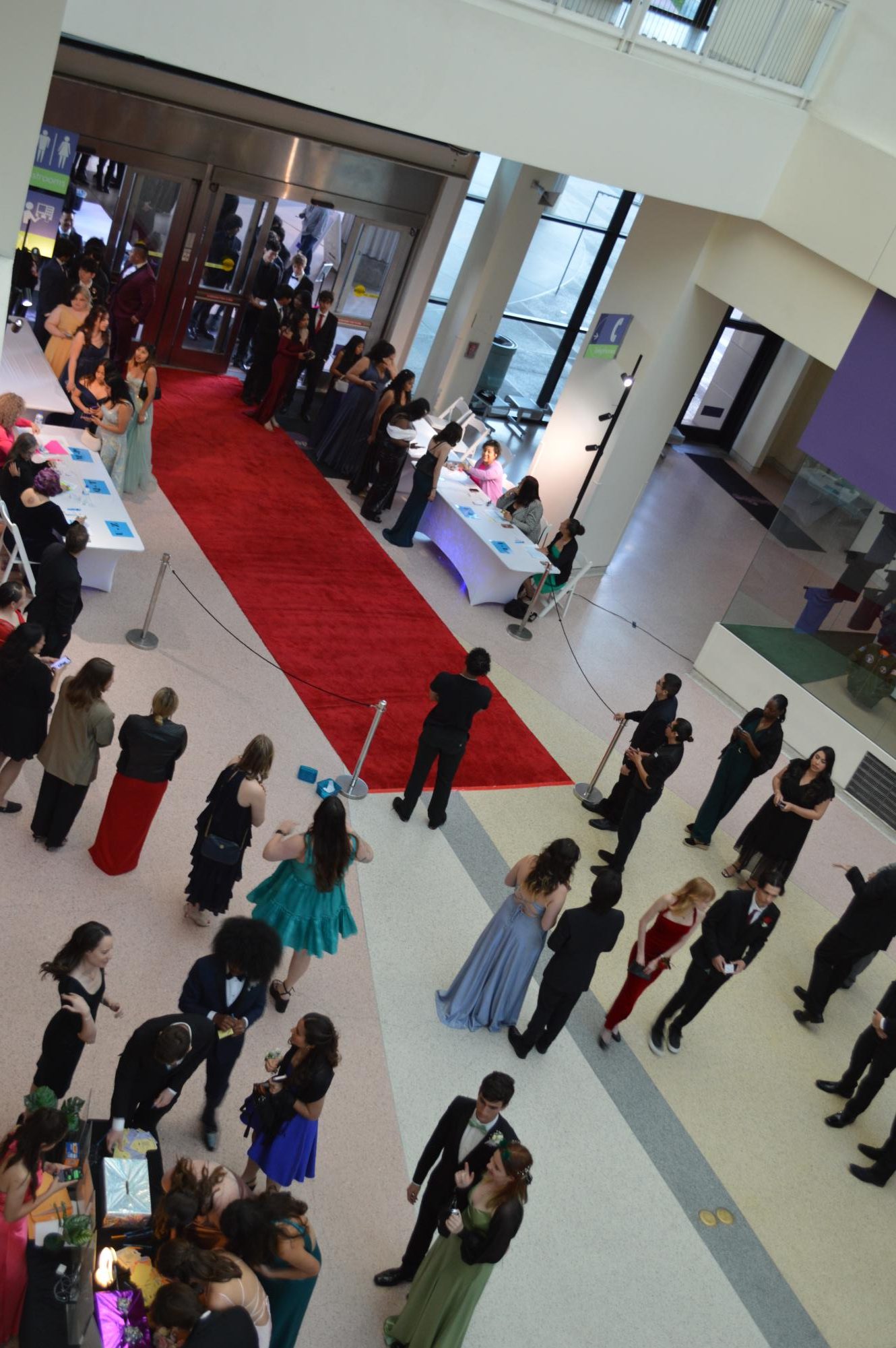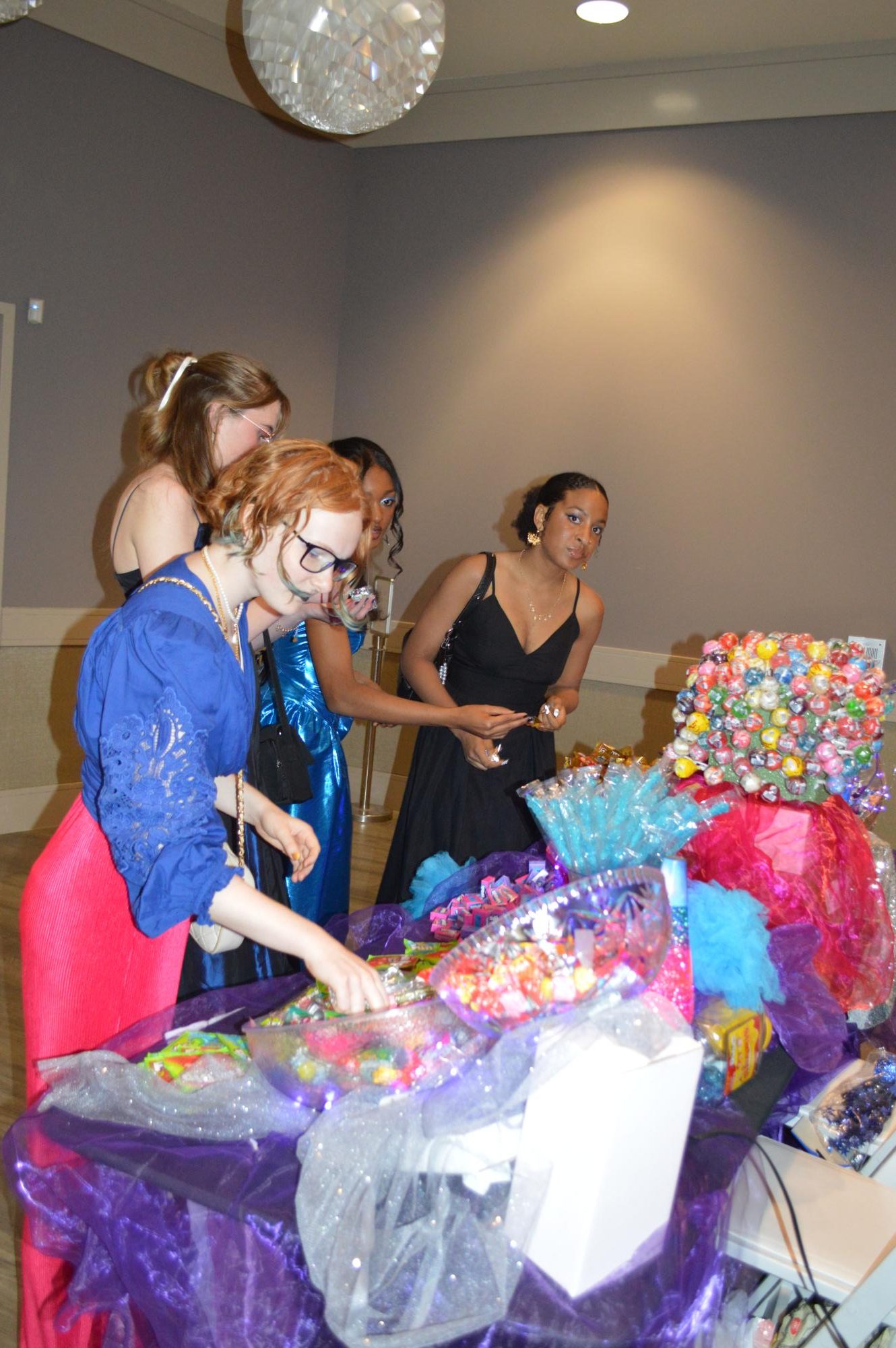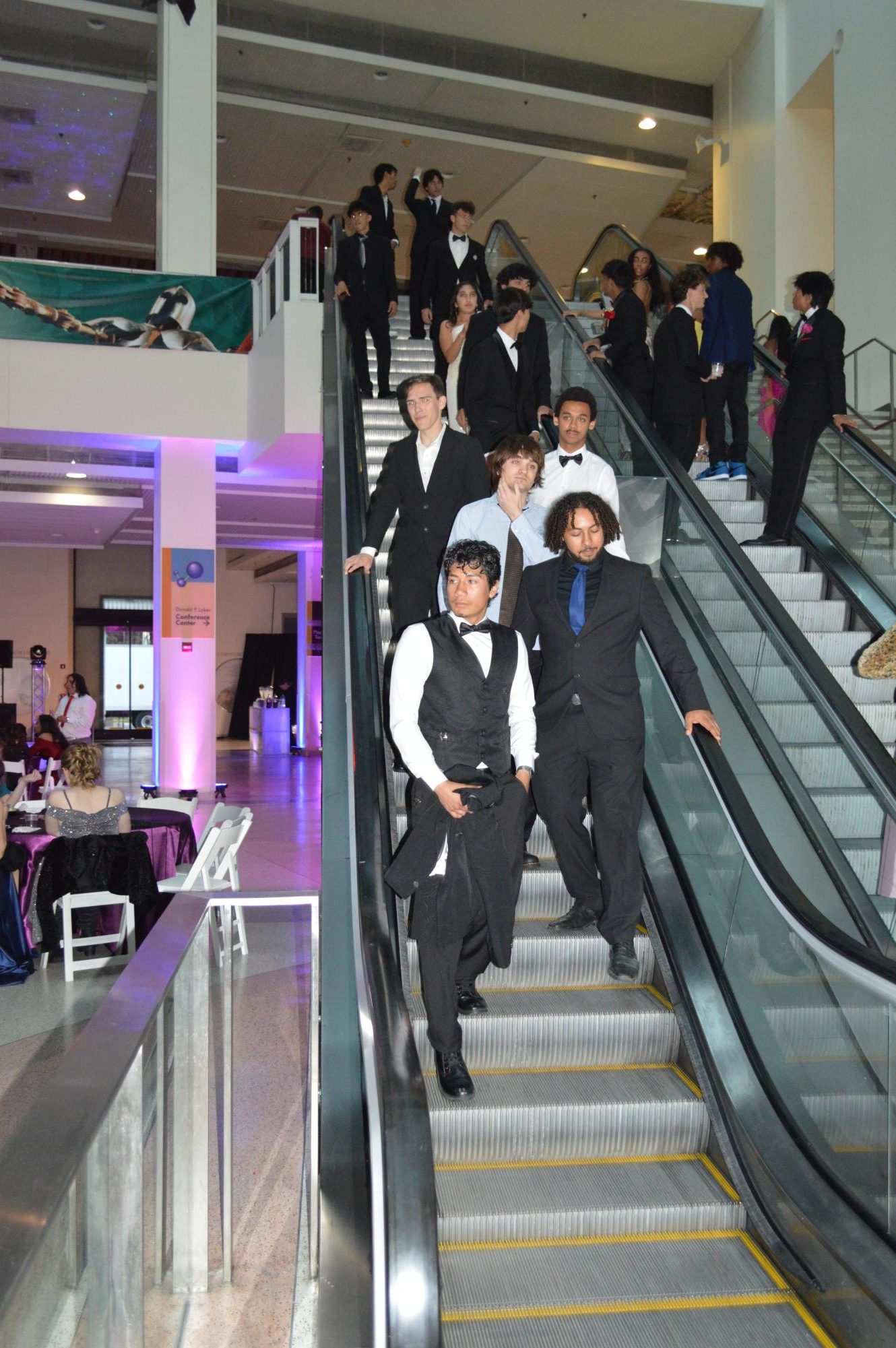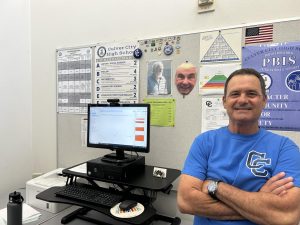Youth Climate Strike LA: Teens Advocate for Climate Justice
September 28, 2022
With the climate crisis intensifying in communities worldwide, groups of young people are finding powerful ways to unite and evoke the change they want to see for future generations to come. On Sept. 23, the non-profit organization Youth Climate Strike LA invited a diverse group of educators, teenage speakers, and local politicians to spread awareness about climate change. Many inspiring speeches and chants took place outside of Los Angeles City Hall, with the hopes that politicians would hear their cries for the desperate need to reform the current system of government.
One goal of the movement was to show President Joe Biden the necessity of declaring a climate emergency. Another goal was to convince Governor Gavin Newsom to sign the 3,200 feet setback, a piece of legislation that would ensure California lawmakers ban new oil wells within 3,200 feet of schools and homes. Moreover, the empowered youth aimed to encourage an update to the Los Angeles Green New Deal, which would provide transparency and require all LA candidates to sign a “no fossil fuels” pledge.
A core belief of the strikers was that Los Angeles officials are not doing enough to protect our communities, which are characterized by the well-being of our environment and our people.
“LA-City-and-County-approved industrial sites have poured more than 100 million pounds of toxic chemicals into our air since 2000,” claimed the Youth Climate Strike LA organization.
The city of Los Angeles is the largest oil-producing city in the country. These harmful policies have been causing tension and inspiring a new-age ecological counterculture movement among modern adolescents. A candidate that shares this frustration with the current policies in local government is David Kim, who is running for Congress in the upcoming midterm election and believes in taking action and giving a voice to the people affected by climate change.
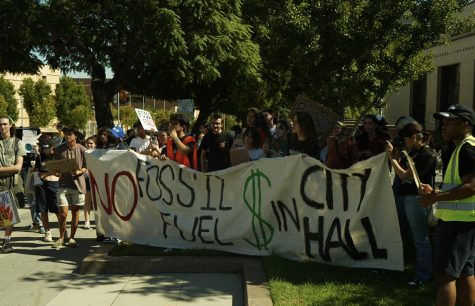
“Climate catastrophe damage is costing us billions of dollars, but why isn’t anybody doing anything? Why are our politicians letting it all happen?,” said Kim, “Actions speak louder than words, so that’s why we’re standing here and will continue to stand in the streets of LA.”
Youth Climate Strike LA promotes ideas of abolition, decolonization, decarbonization, and a just and equitable system. During the strike, Black and Indigenous voices were amplified, and their experiences were shared. Climate change is an intersectional issue, meaning that it can serve as yet another form of racial and ethnic oppression. According to Students Deserve, “Black people are exposed to 56% more air pollution than white people.” A high school representative from the organization said, “The air we breathe every day in South-Central compared to those in more affluent, white communities is drastically different due to the factories being placed in under-resourced areas.”
This systemically racist practice is called “red-lining”, which describes the policies that outline and separate communities based on classist and prejudiced beliefs. Black Women for Wellness (BWFW), a group that commits itself to advocate for the health and wellbeing of racial minorities via education and empowerment, claims that areas facing poverty, or with higher concentrations of racial minorities, are more likely to face health problems due to pollution and are disproportionately affected by the impacts of global warming. “Environmental justice is the principle that everyone — no matter who you are or what your zip-code is — deserves to live, pray, eat, sleep, and exist in a clean and safe community,” said a leader of the organization BWFW during the strike.
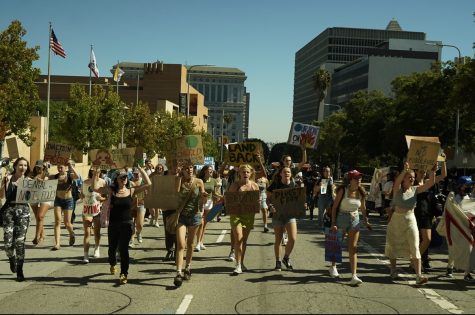
As time passes, the climate crisis worsens, and the negative impacts of greenhouse gases and fossil fuels become more irreversible. Young people do not have any time to waste while more damage occurs, which is why many teenagers made the decision to skip school and attend a strike in Downtown LA to scream and shout at the top of their lungs for change.
Dr. Lorraine Lundquist, a professor at Cal State Northridge University, insightfully said,” We do not need scientists to tell us what we see going on around us. You don’t need scientists to see the devastation happening in Pakistan, where 33 million people have been displaced from their homes due to the flood. You see how fossil fuels are affecting your community.”
Before a reformation in climate policies can be possible, it is crucial for teens and adolescents to make their voices heard. It is crucial for minorities to make their voices heard. Youth Climate Strike LA contends that they will not allow negligent politicians to silence them.
